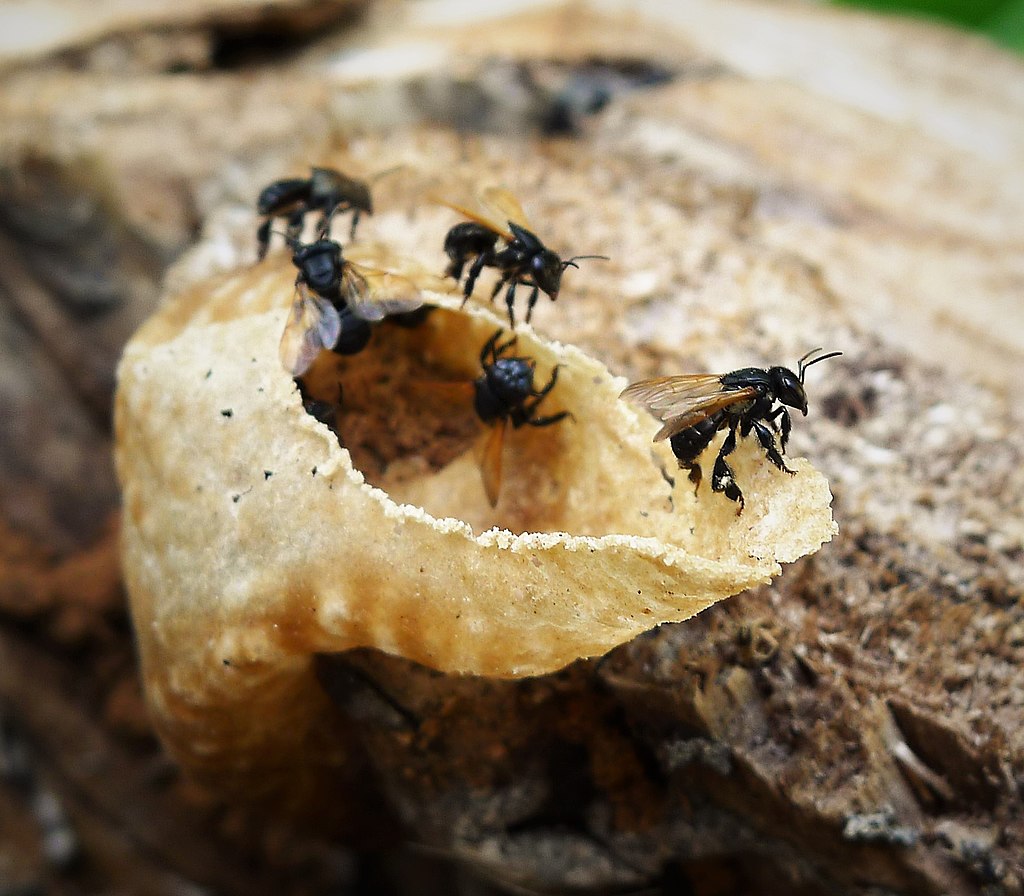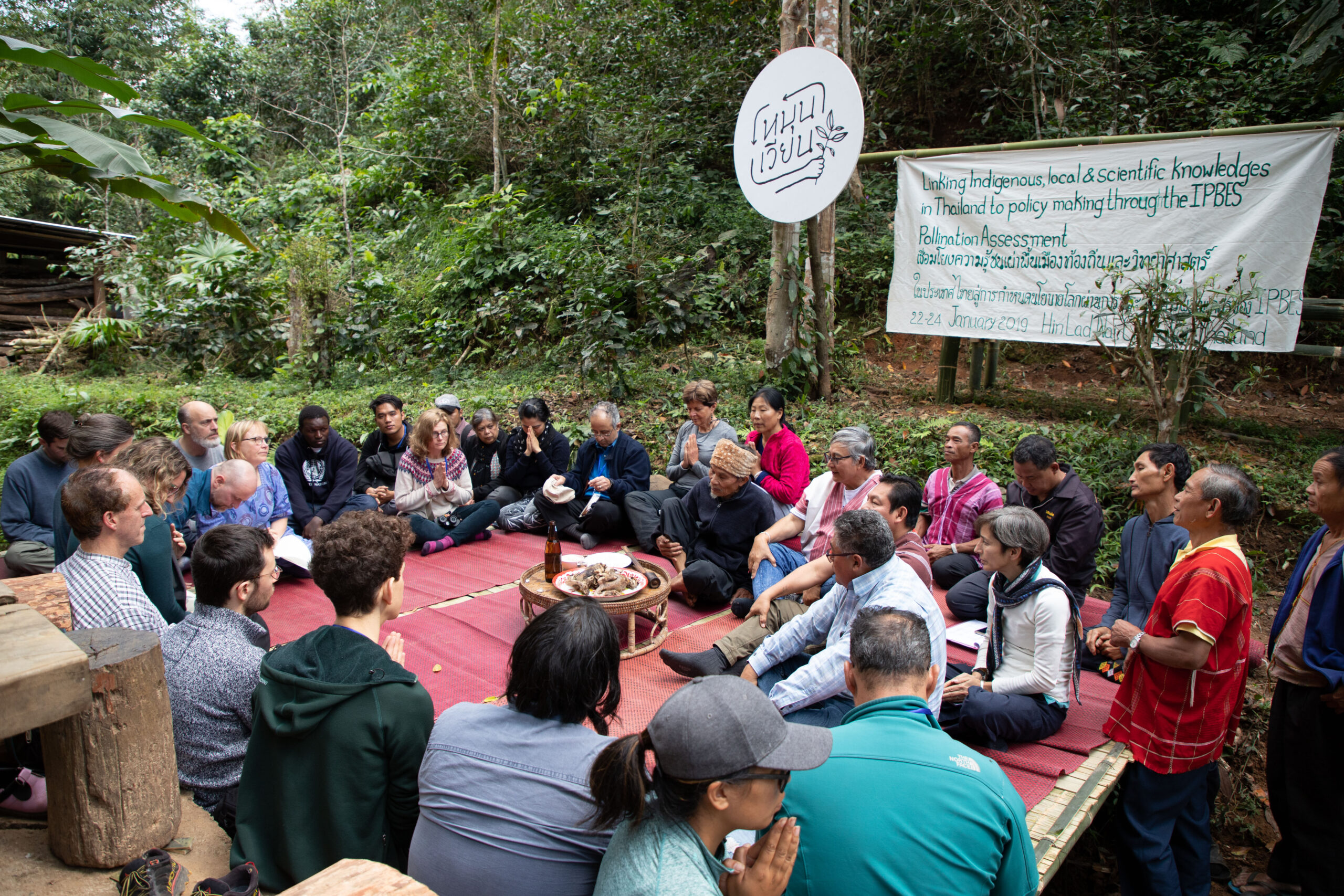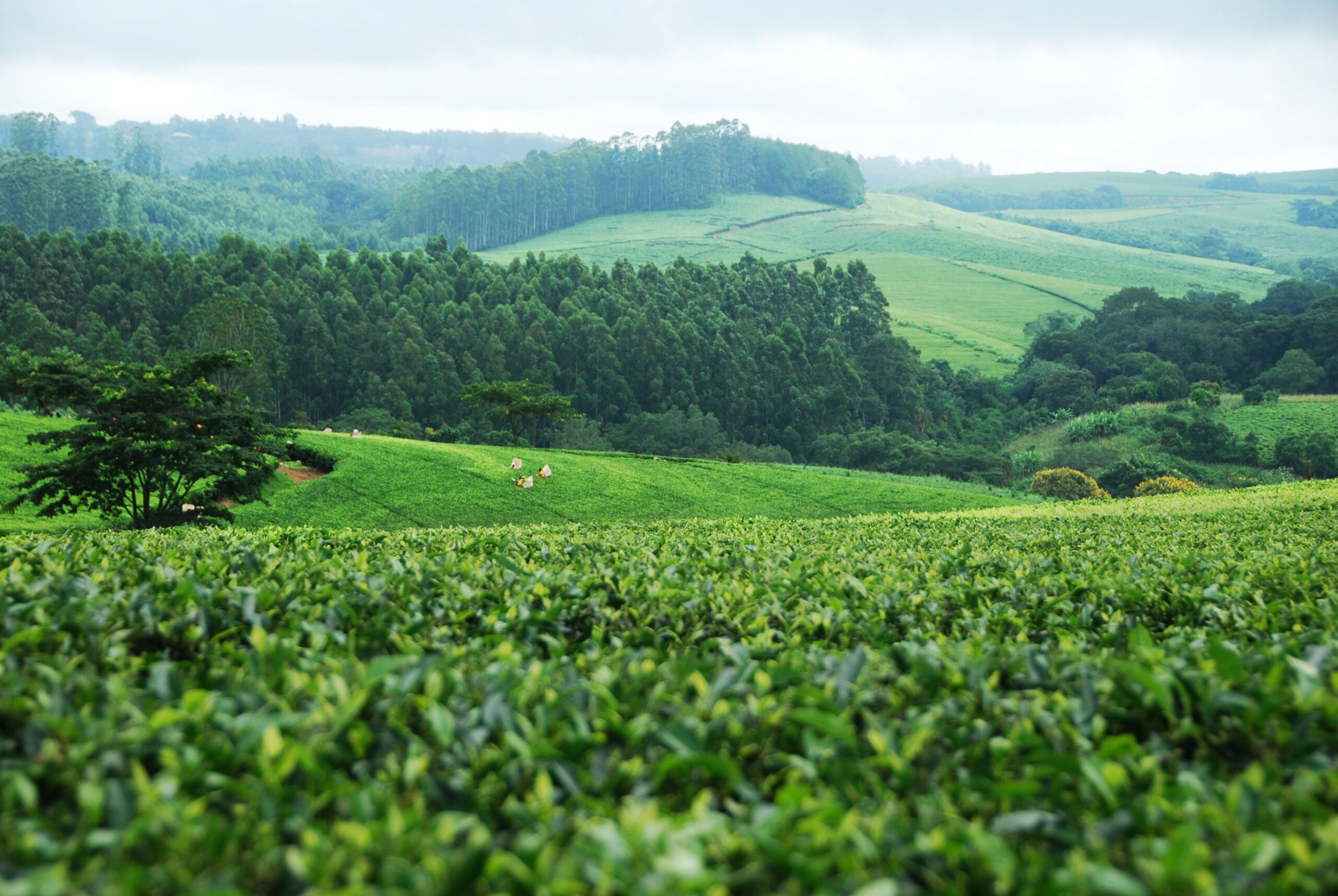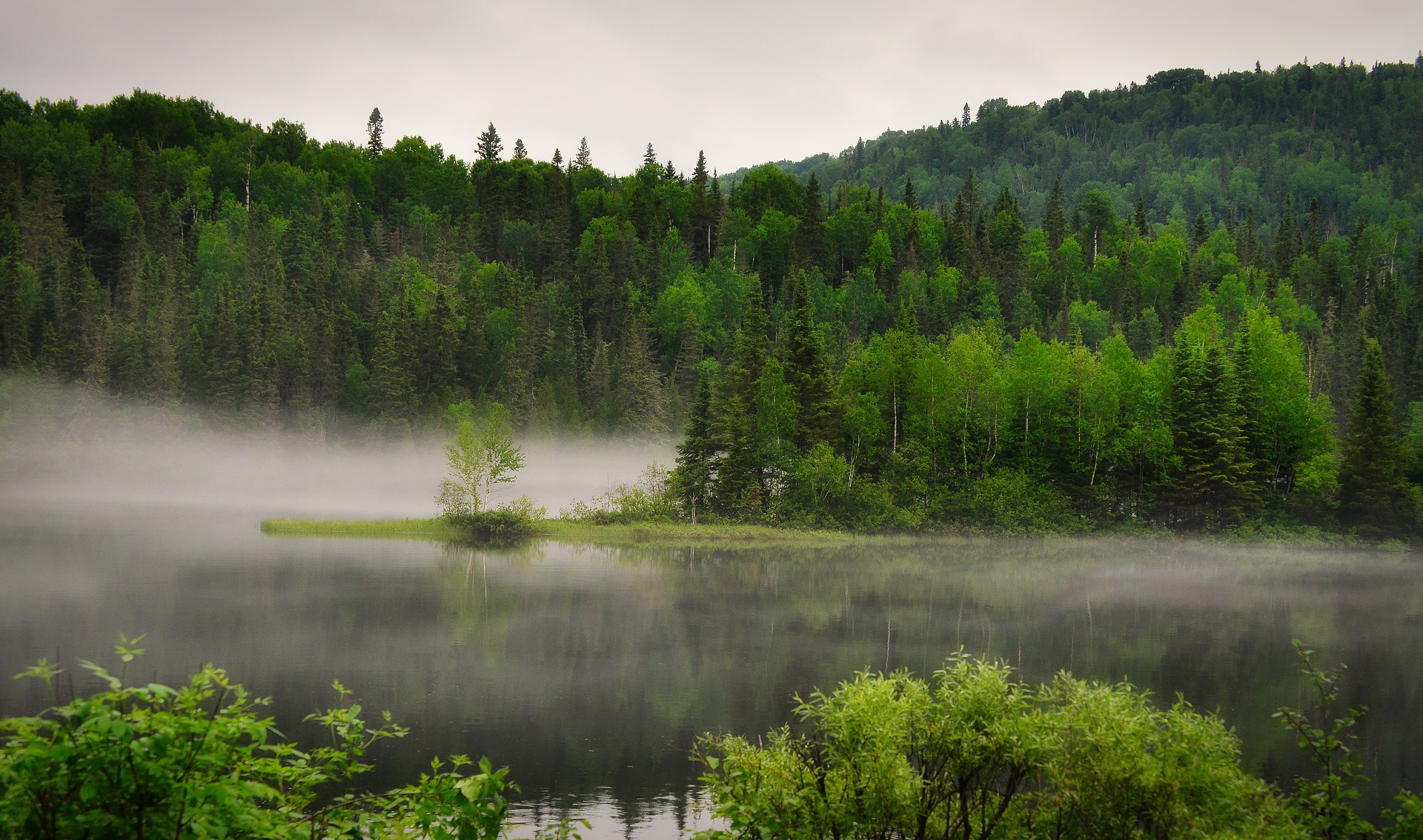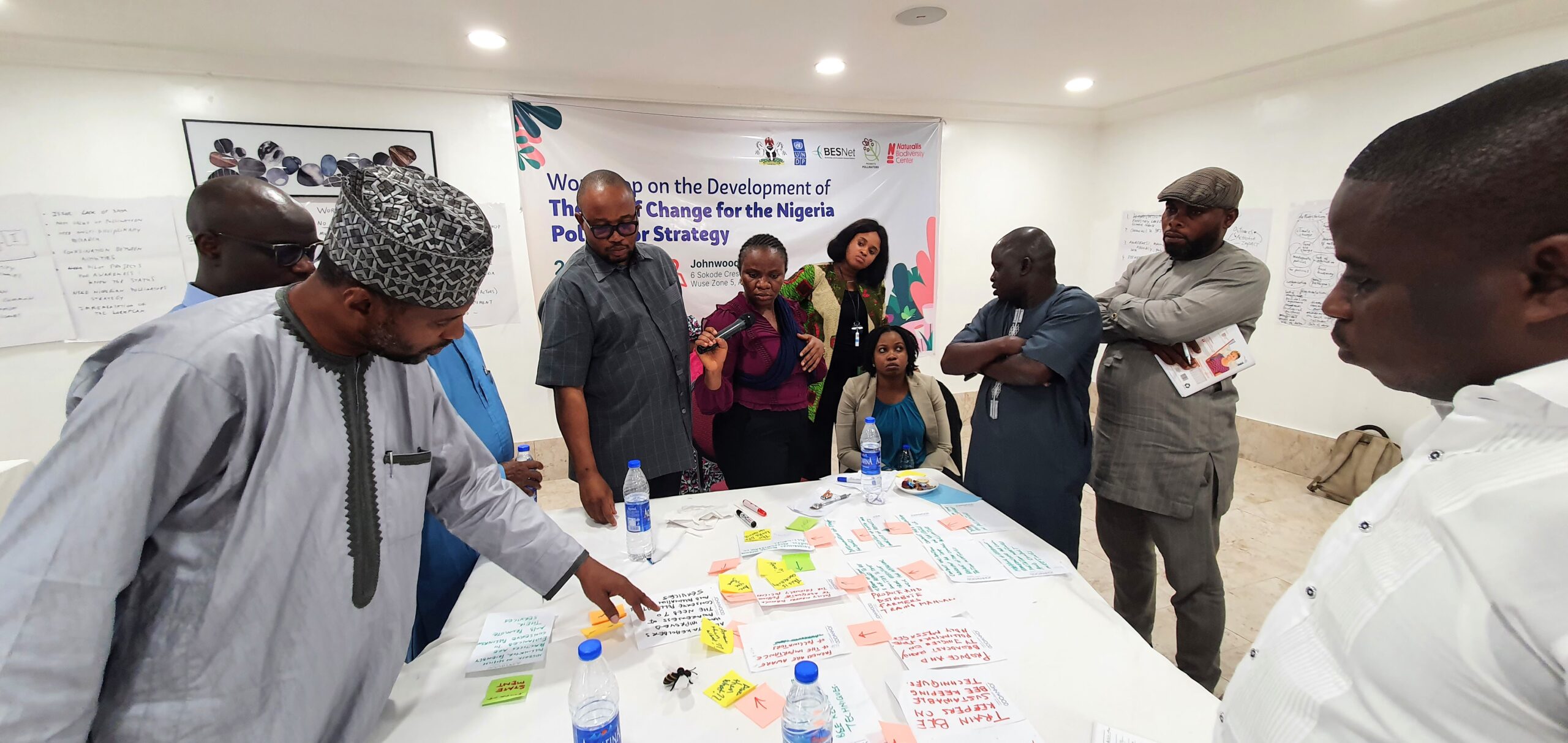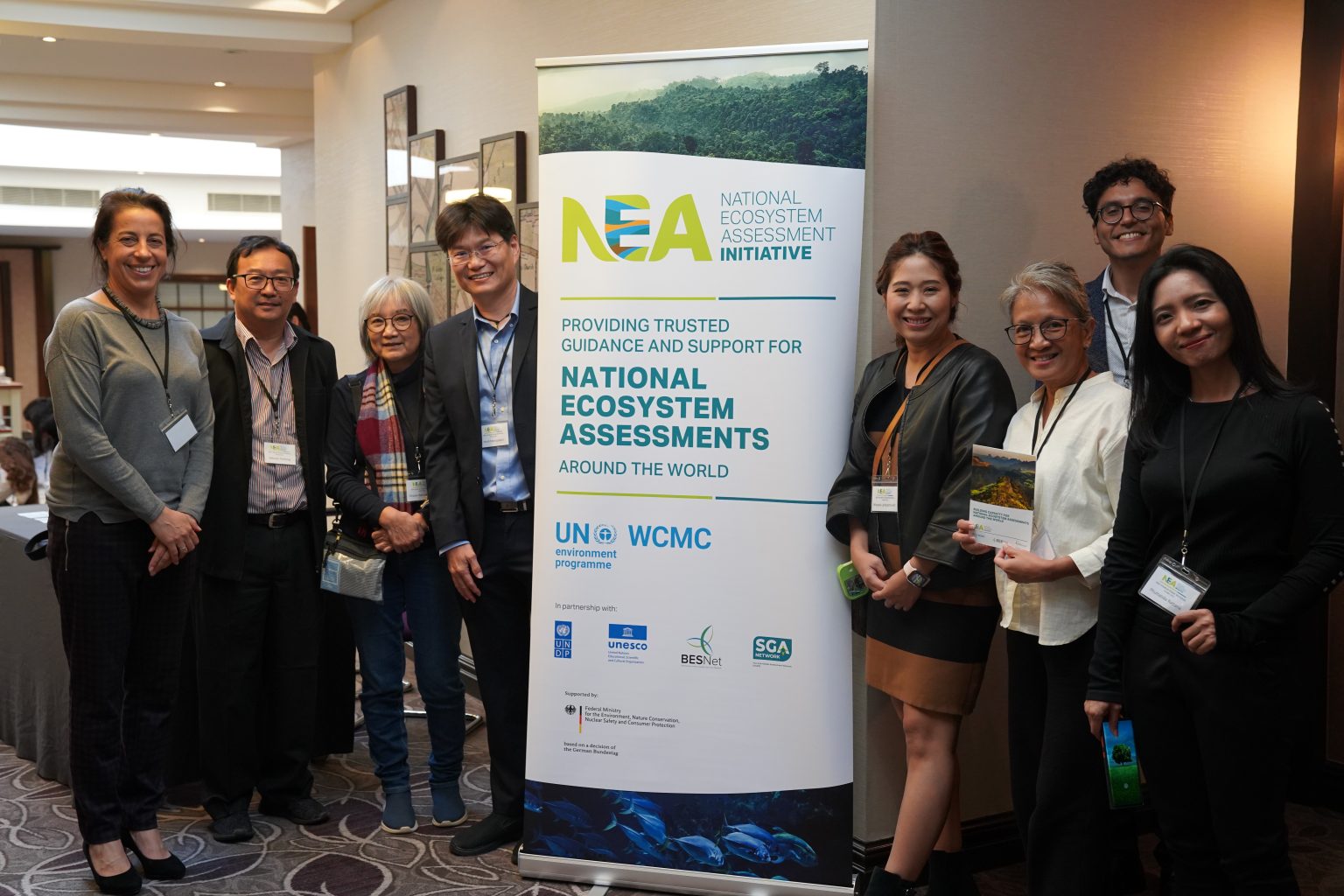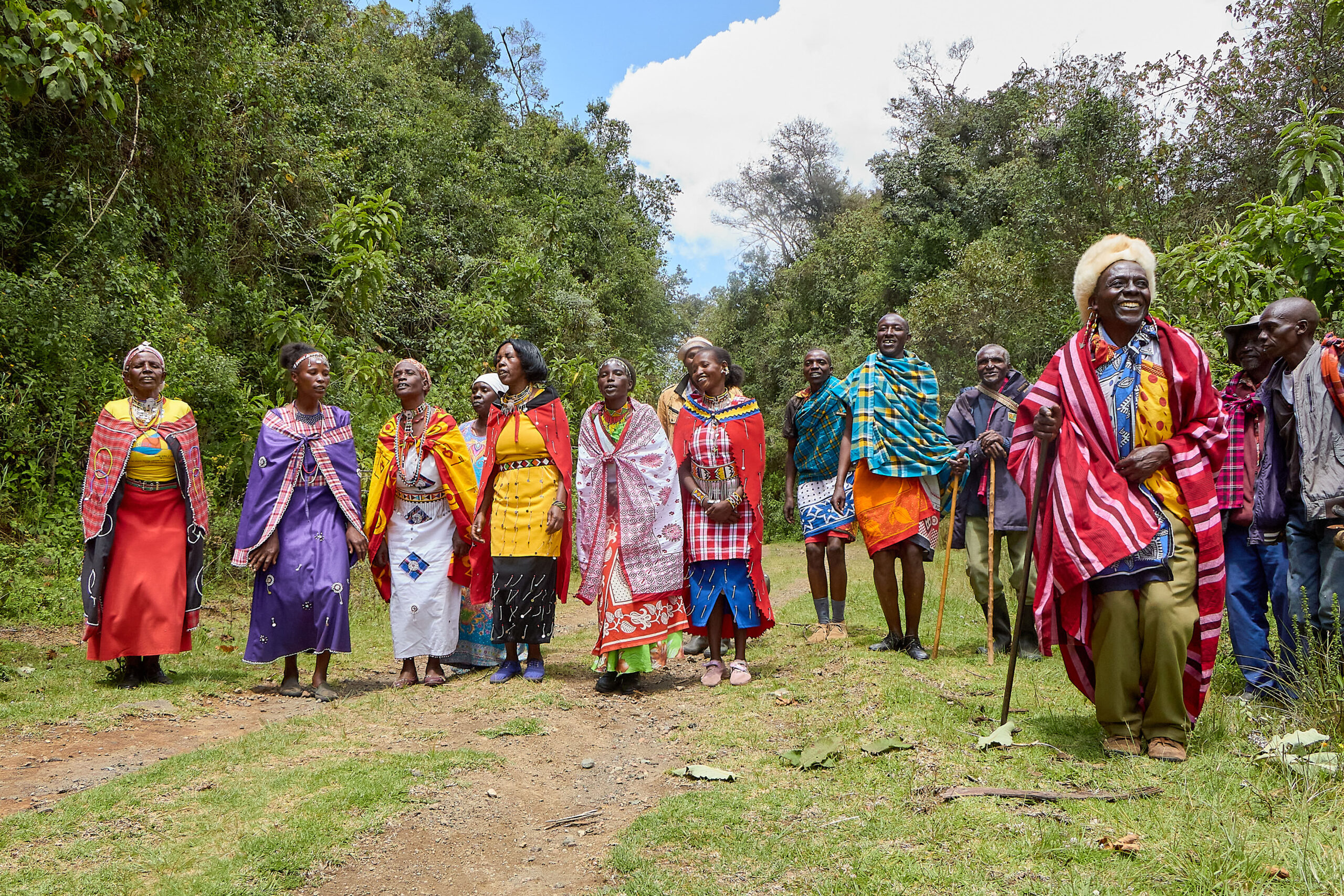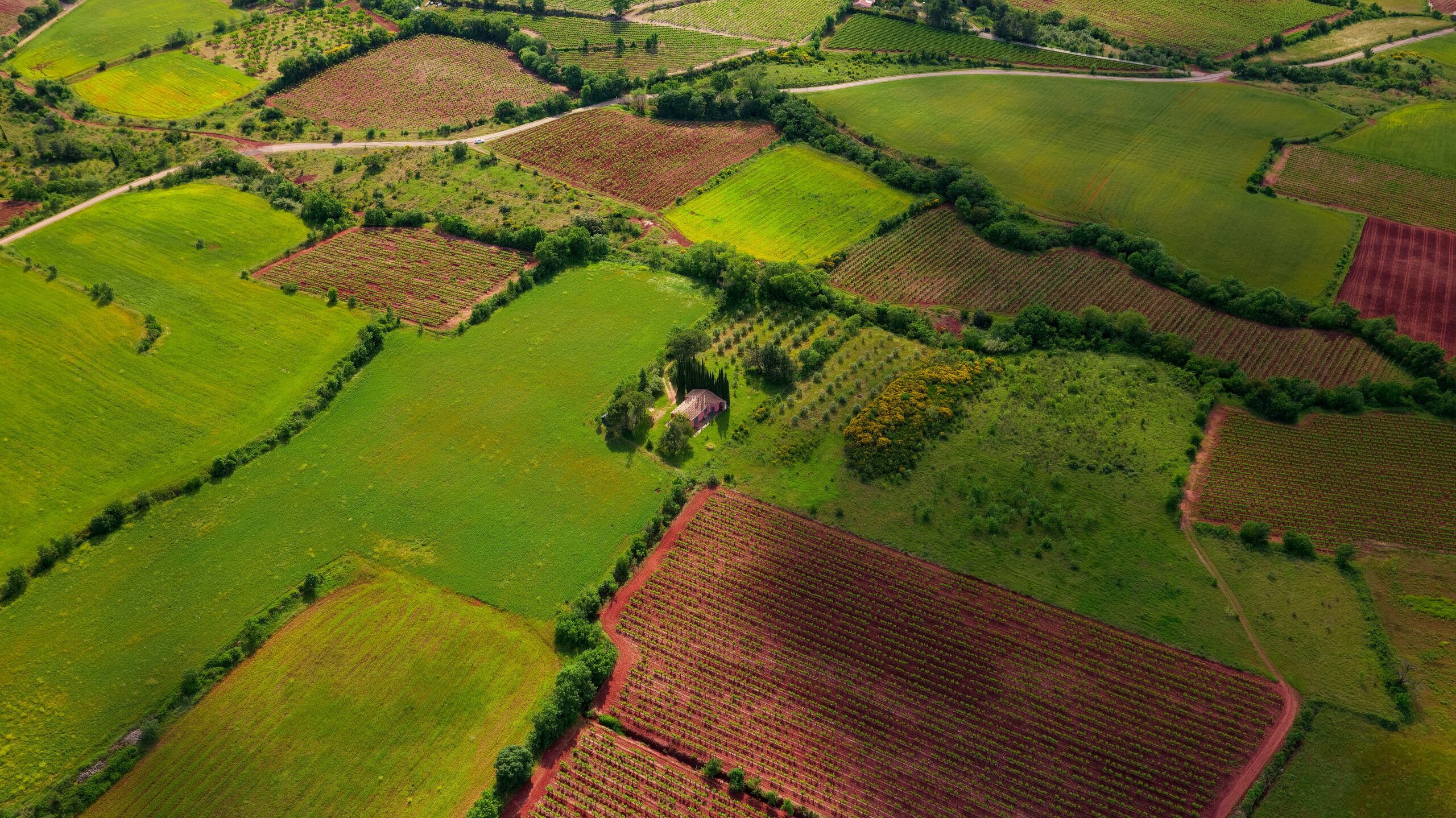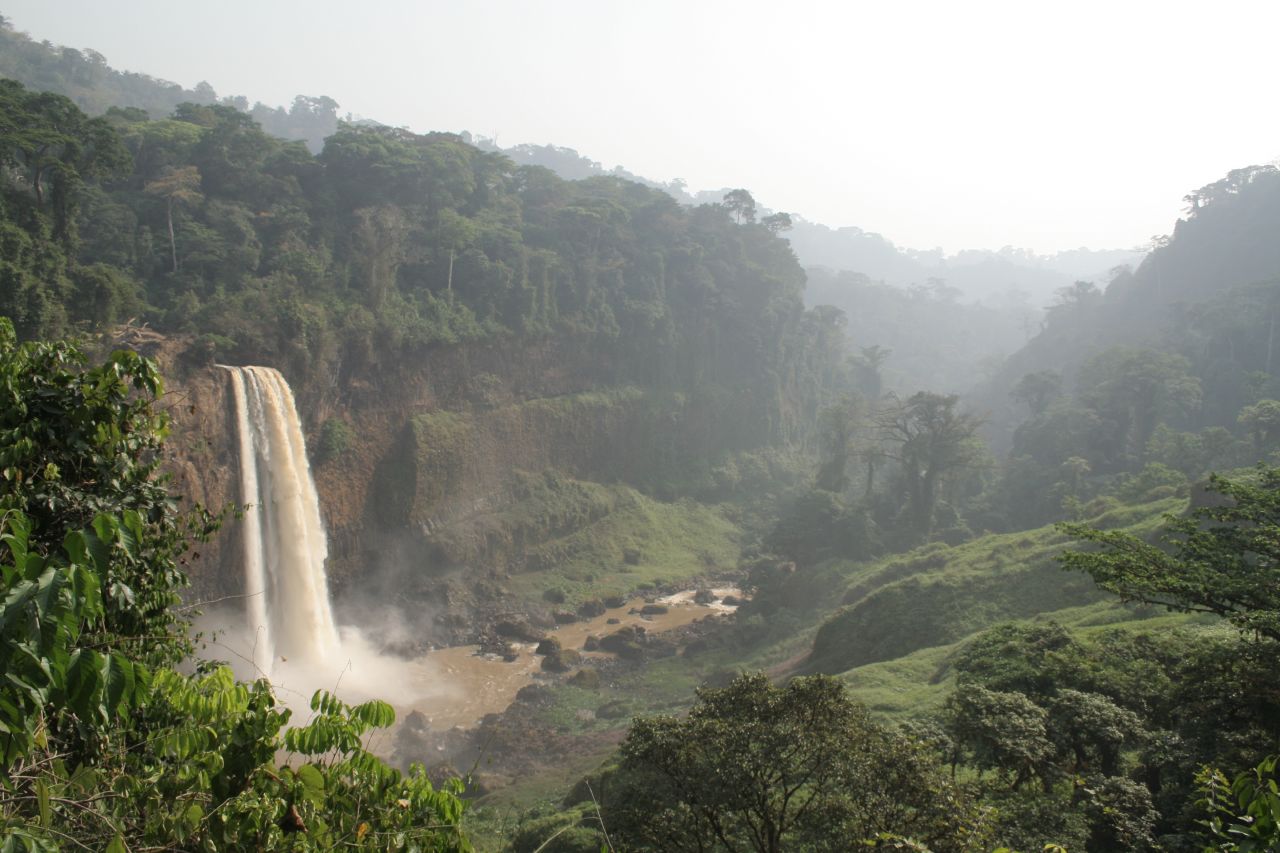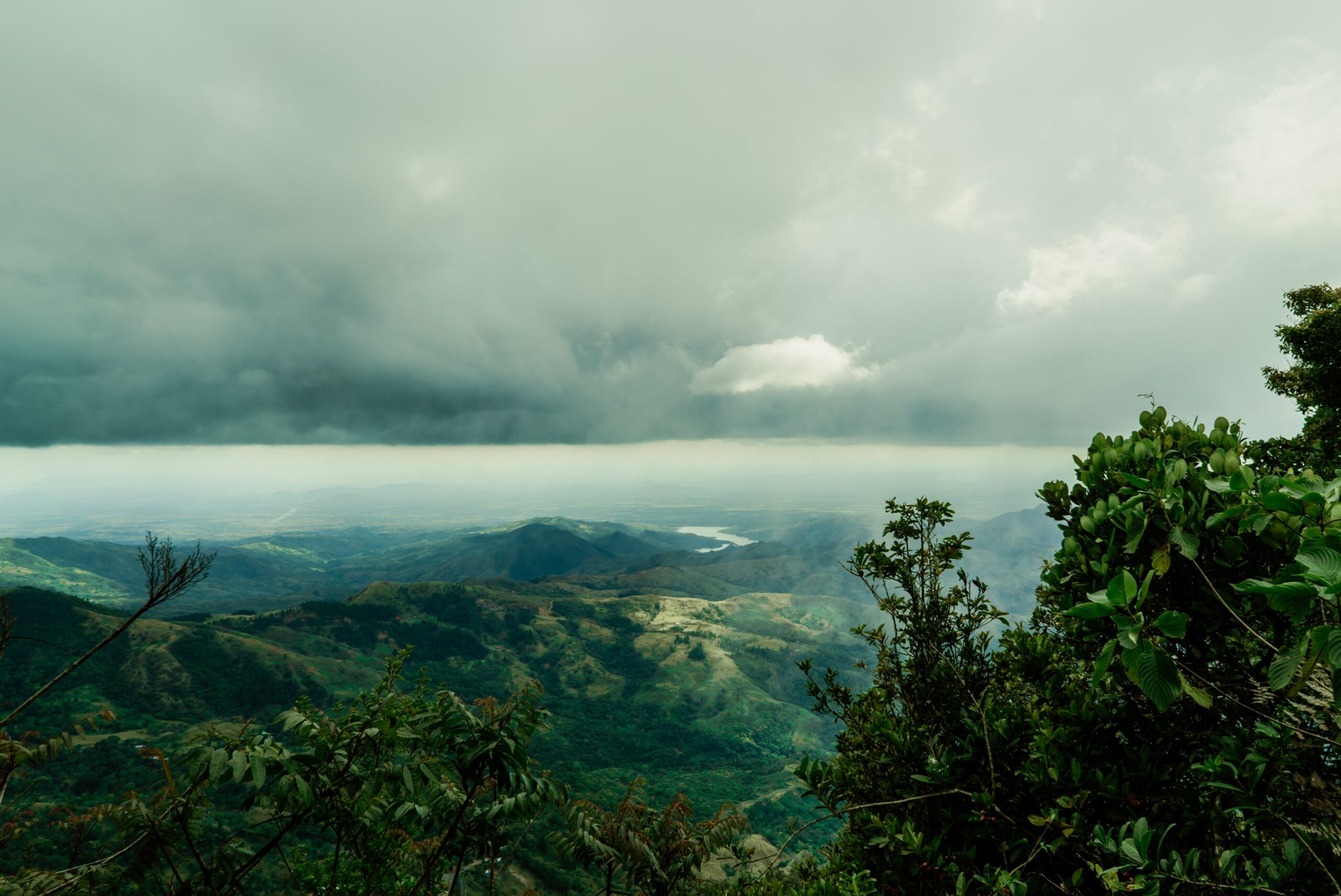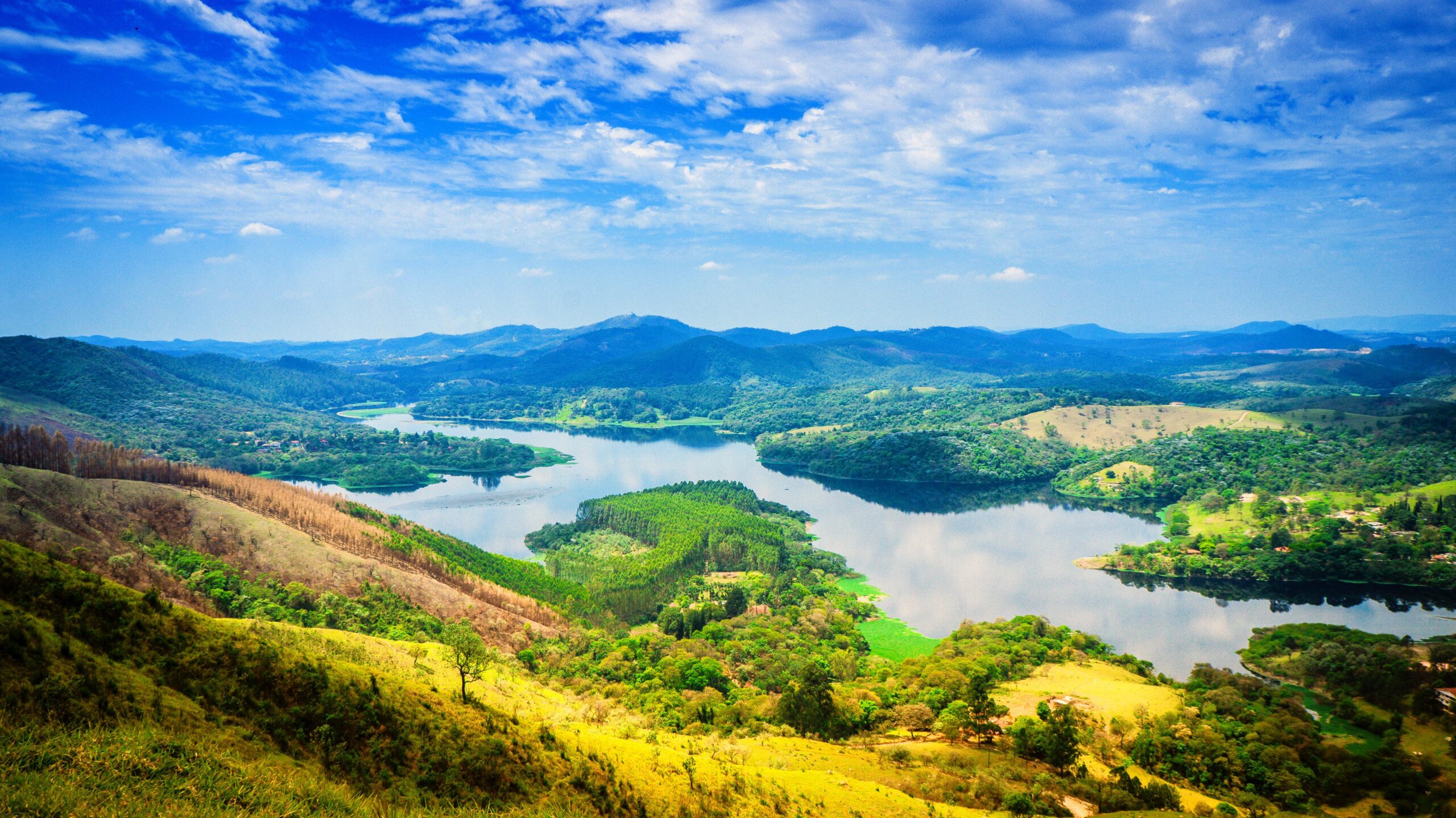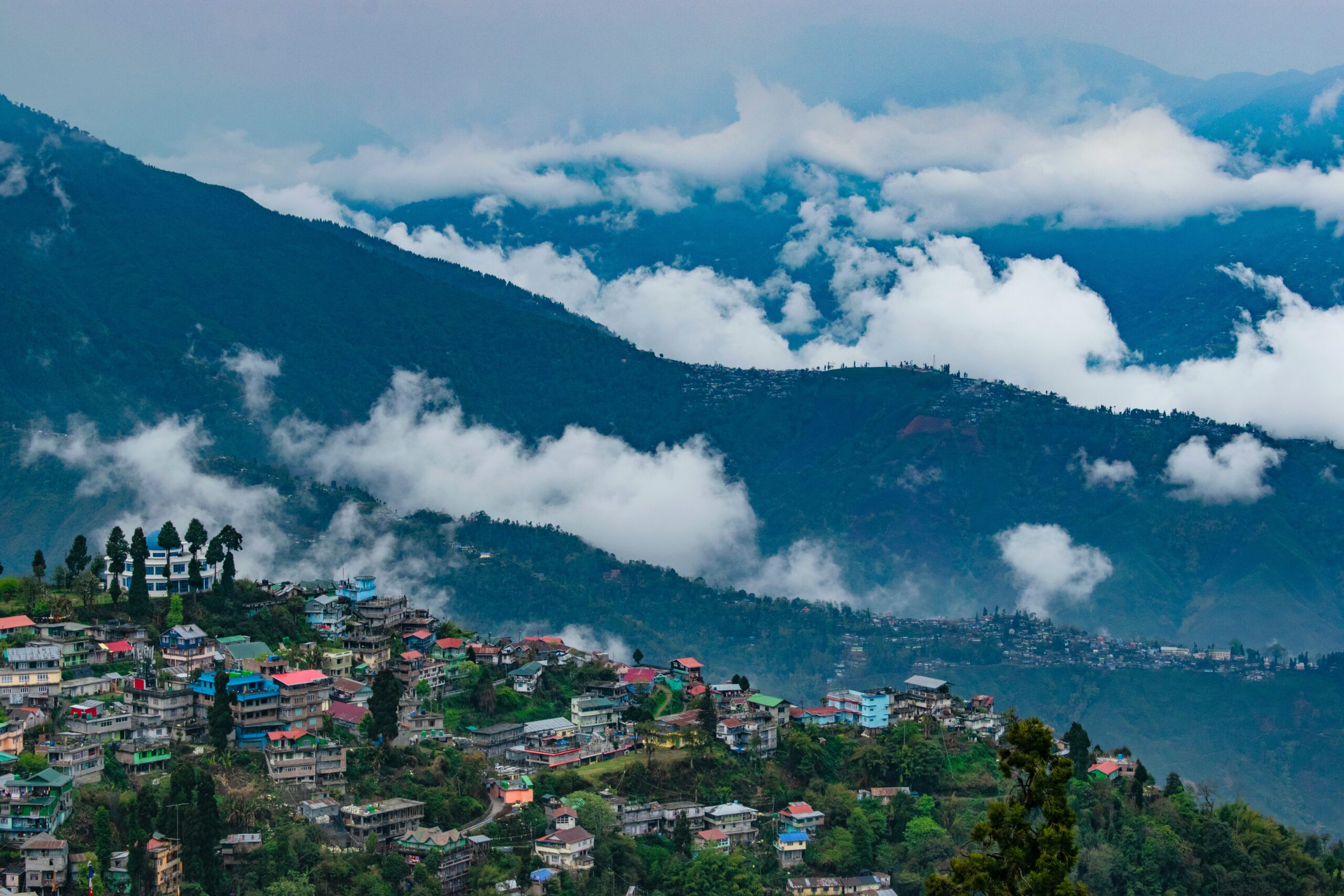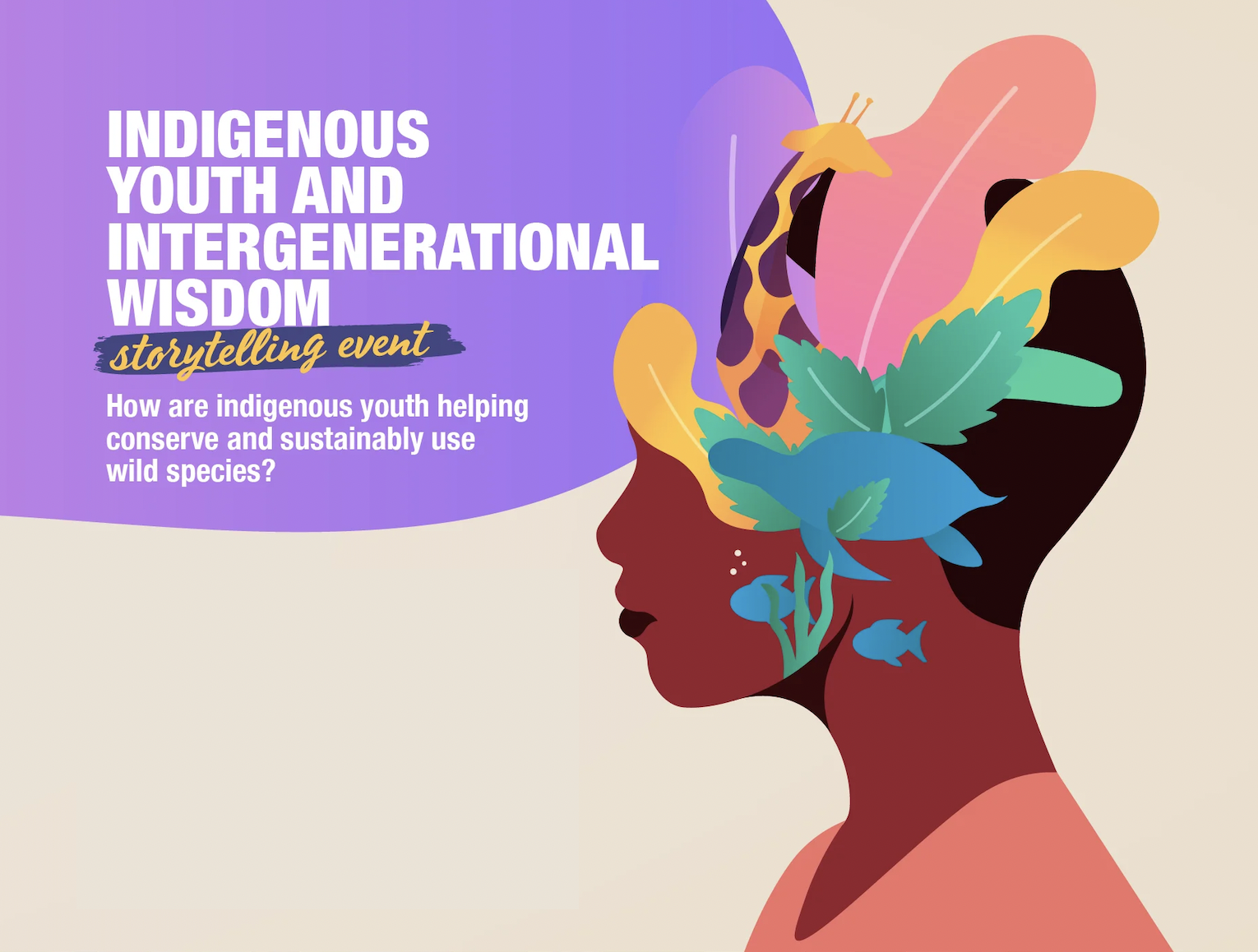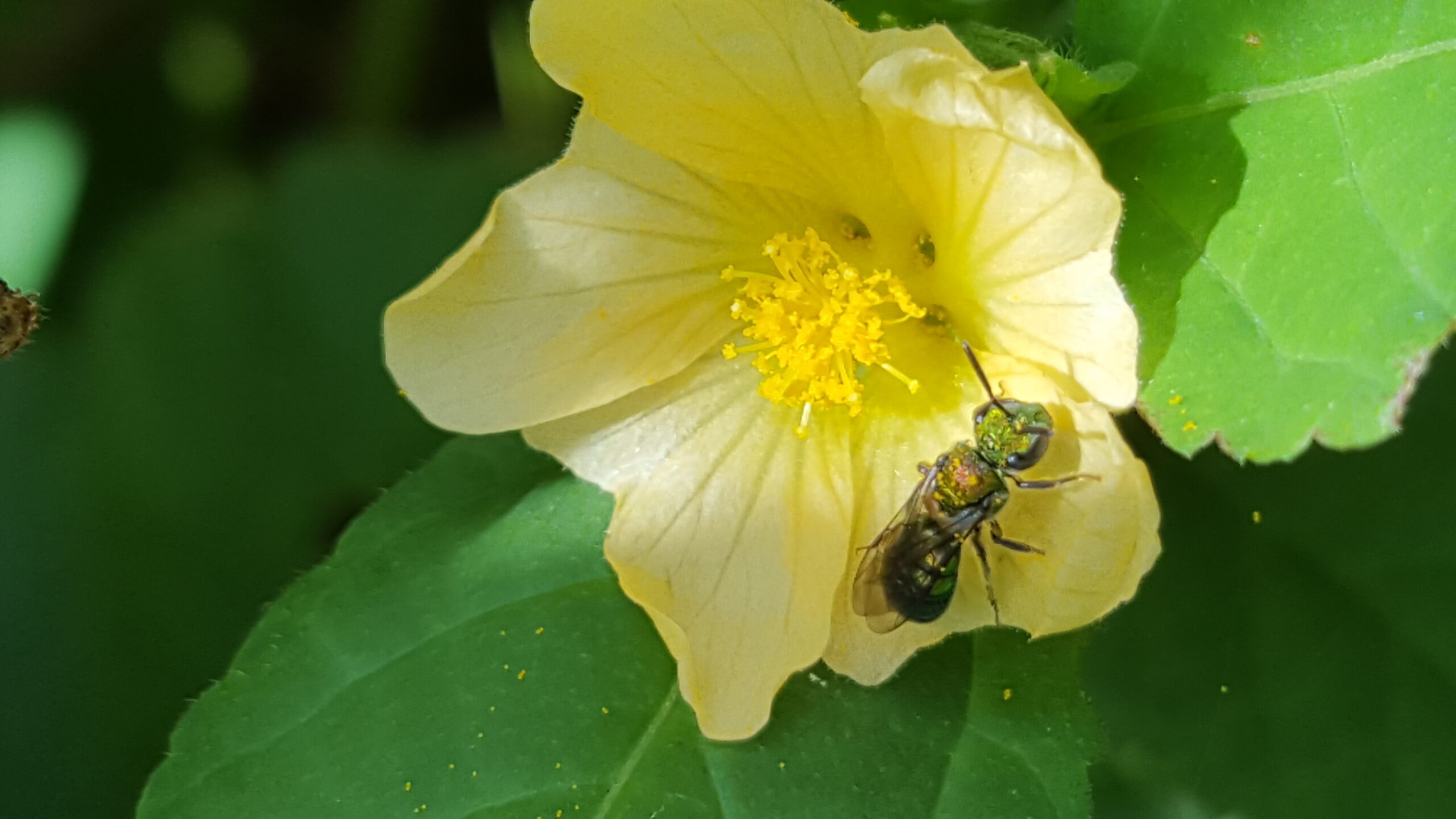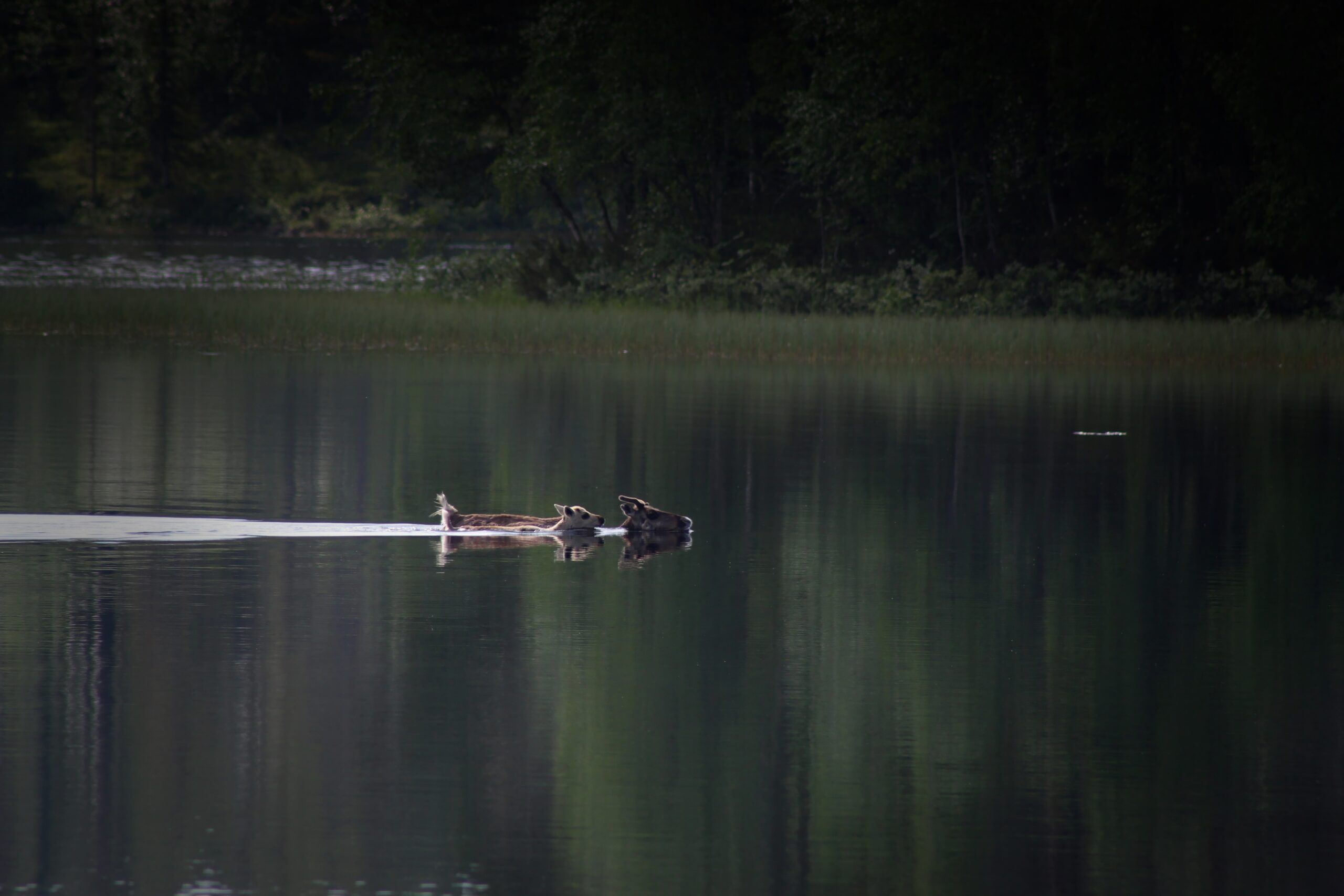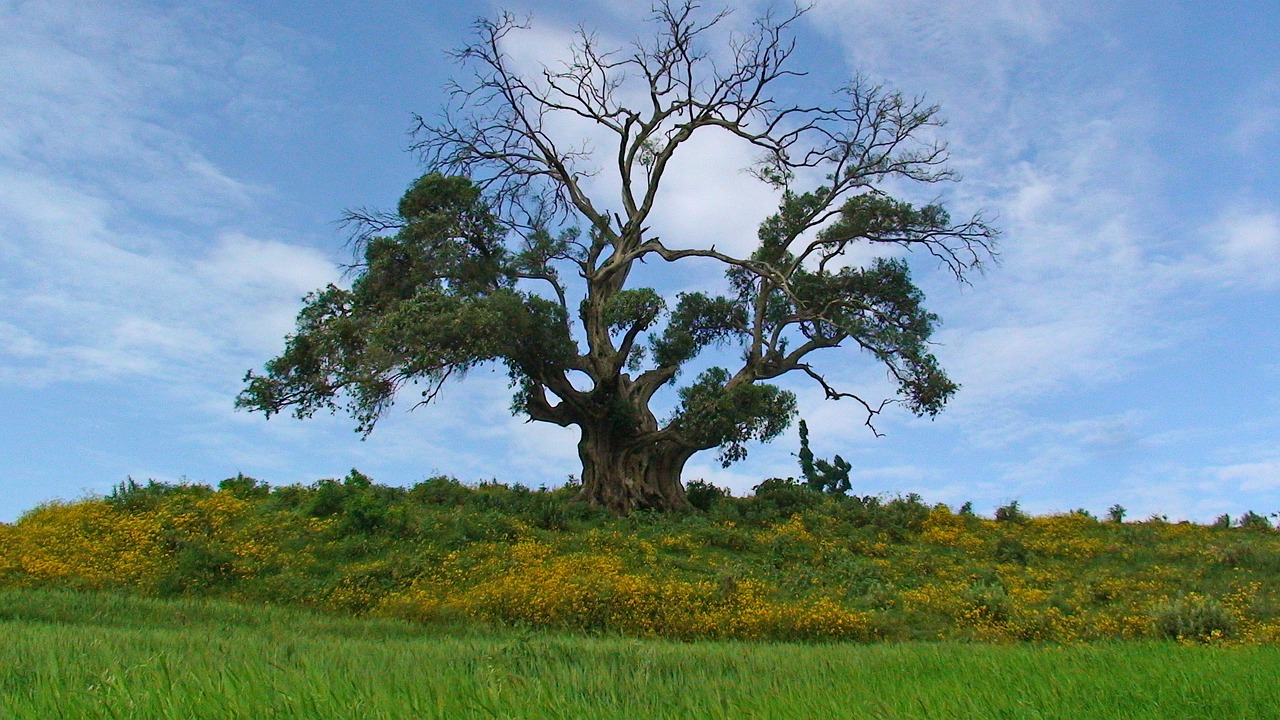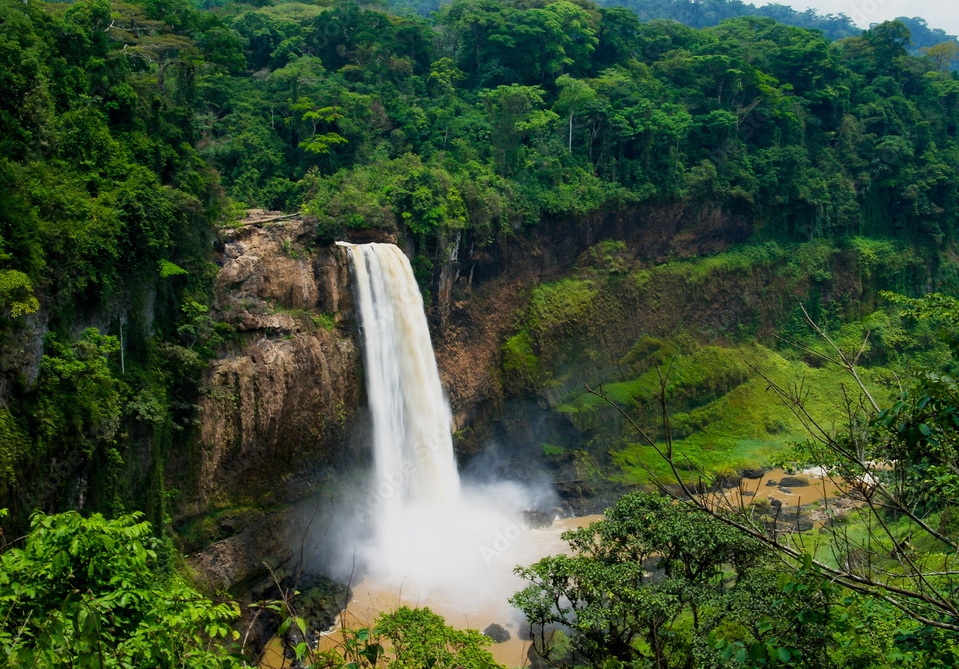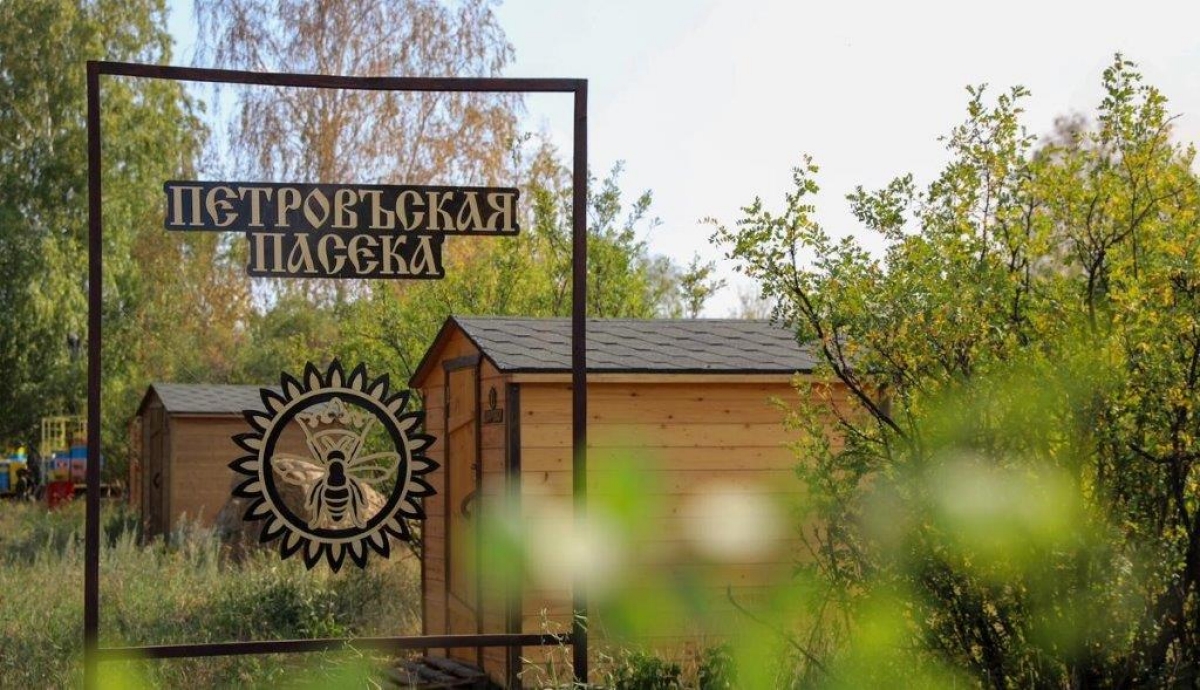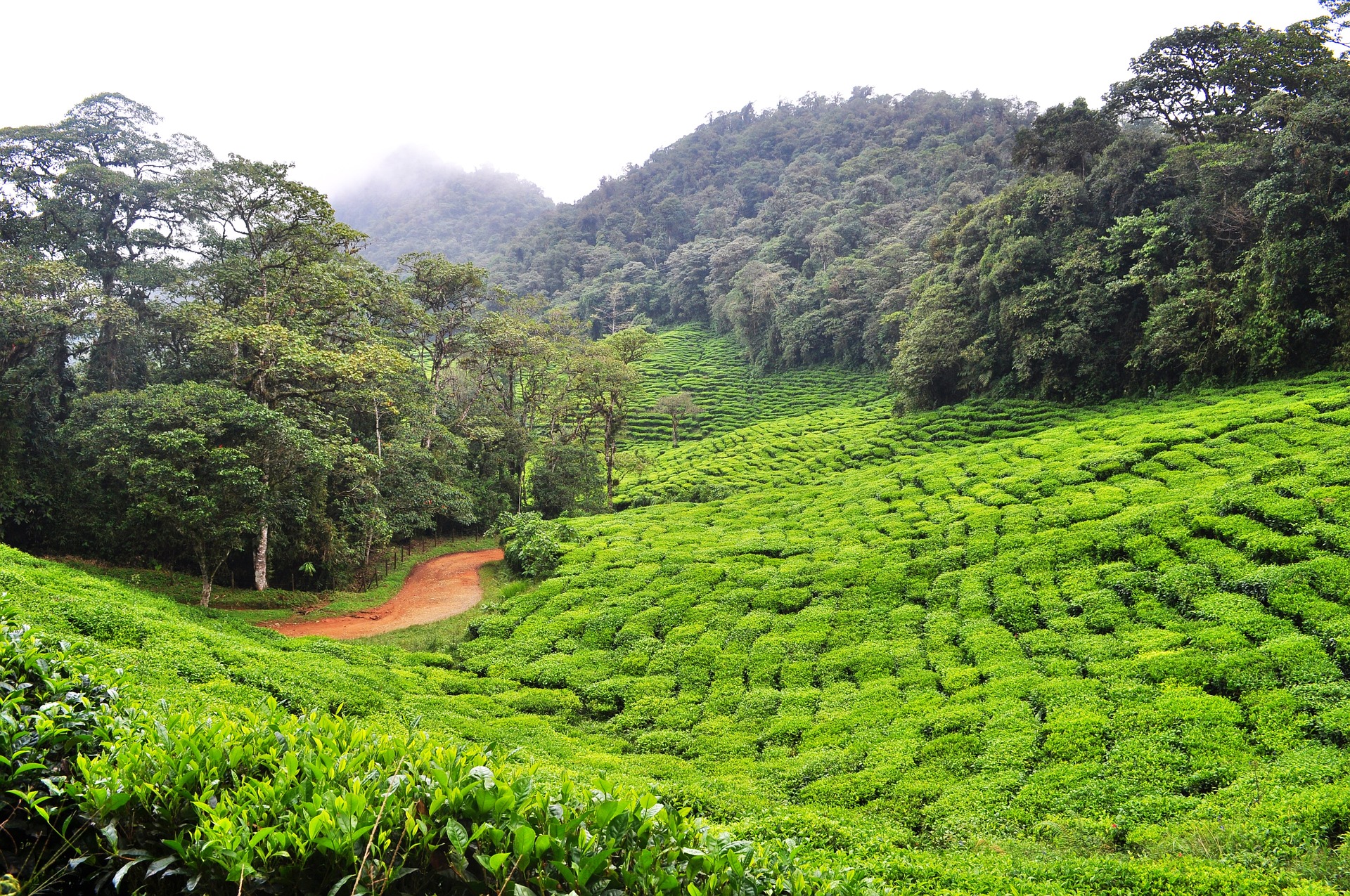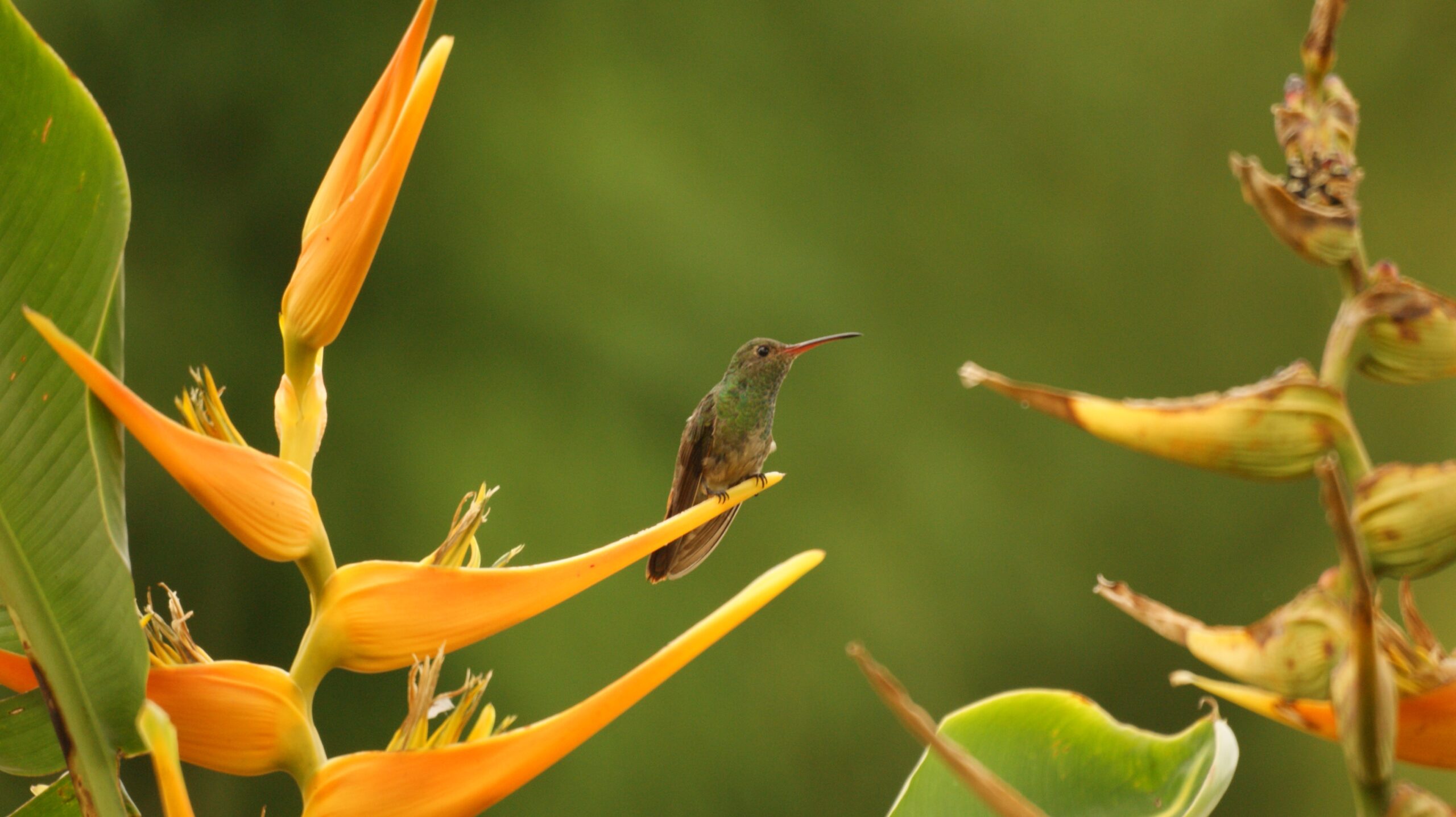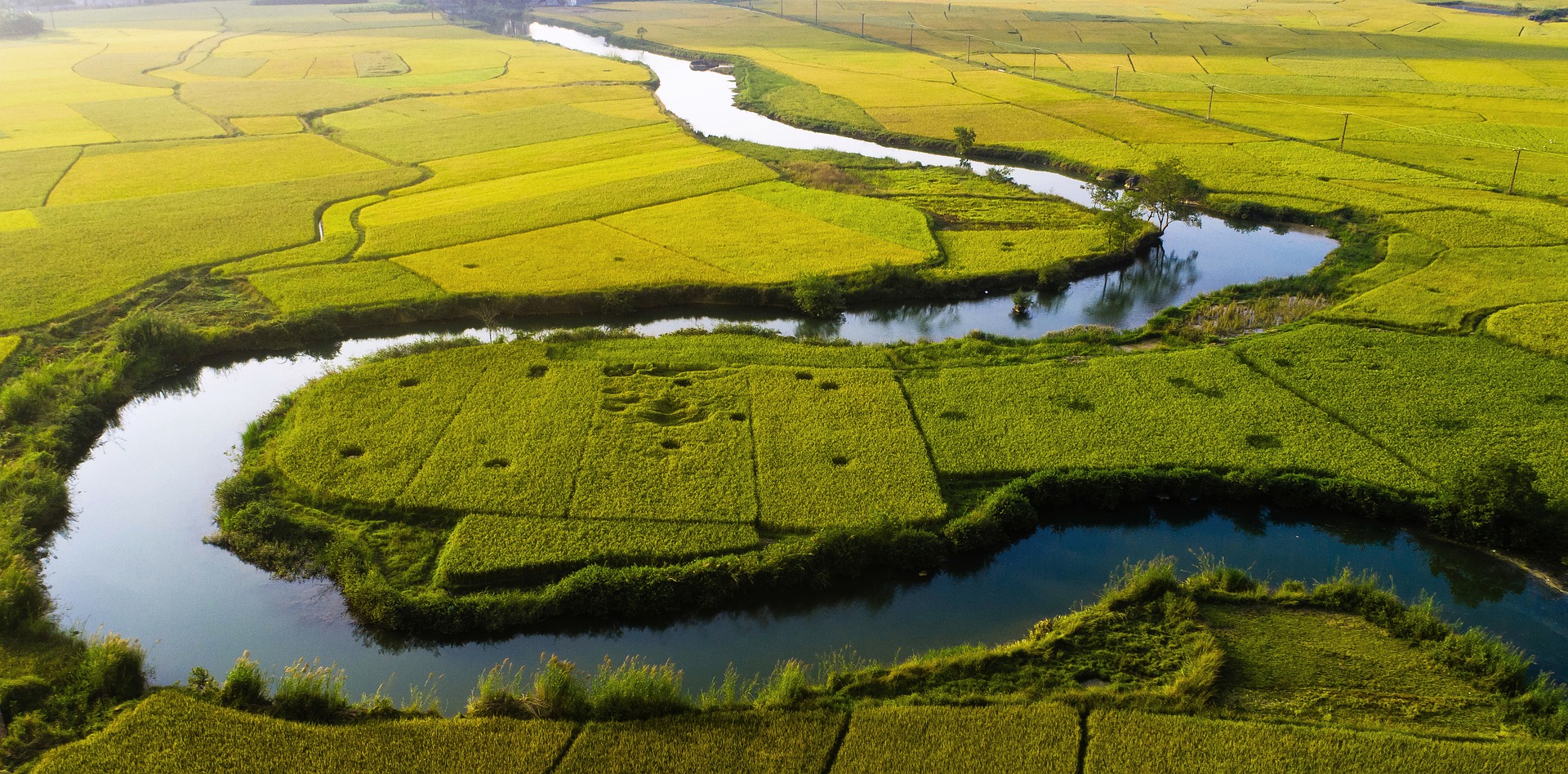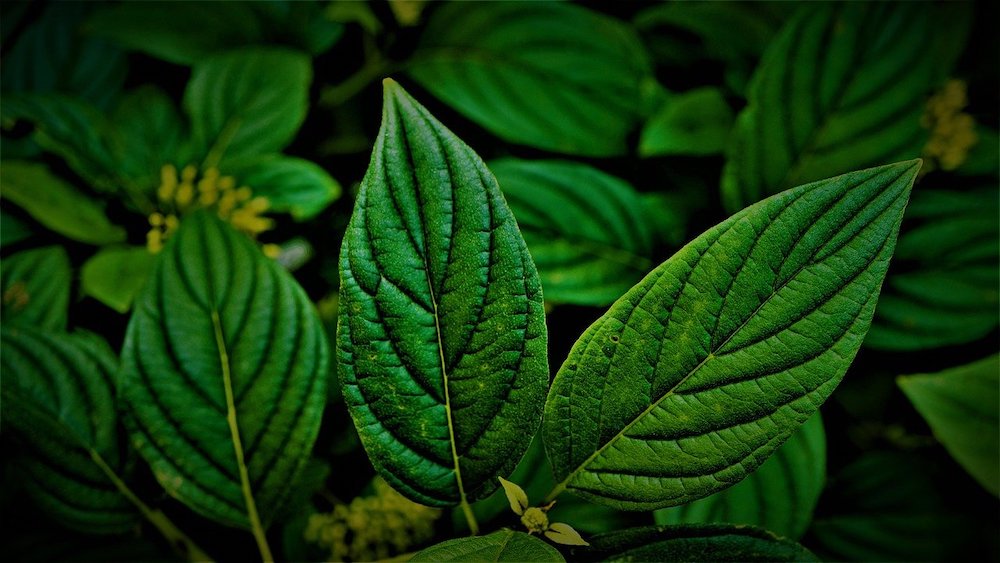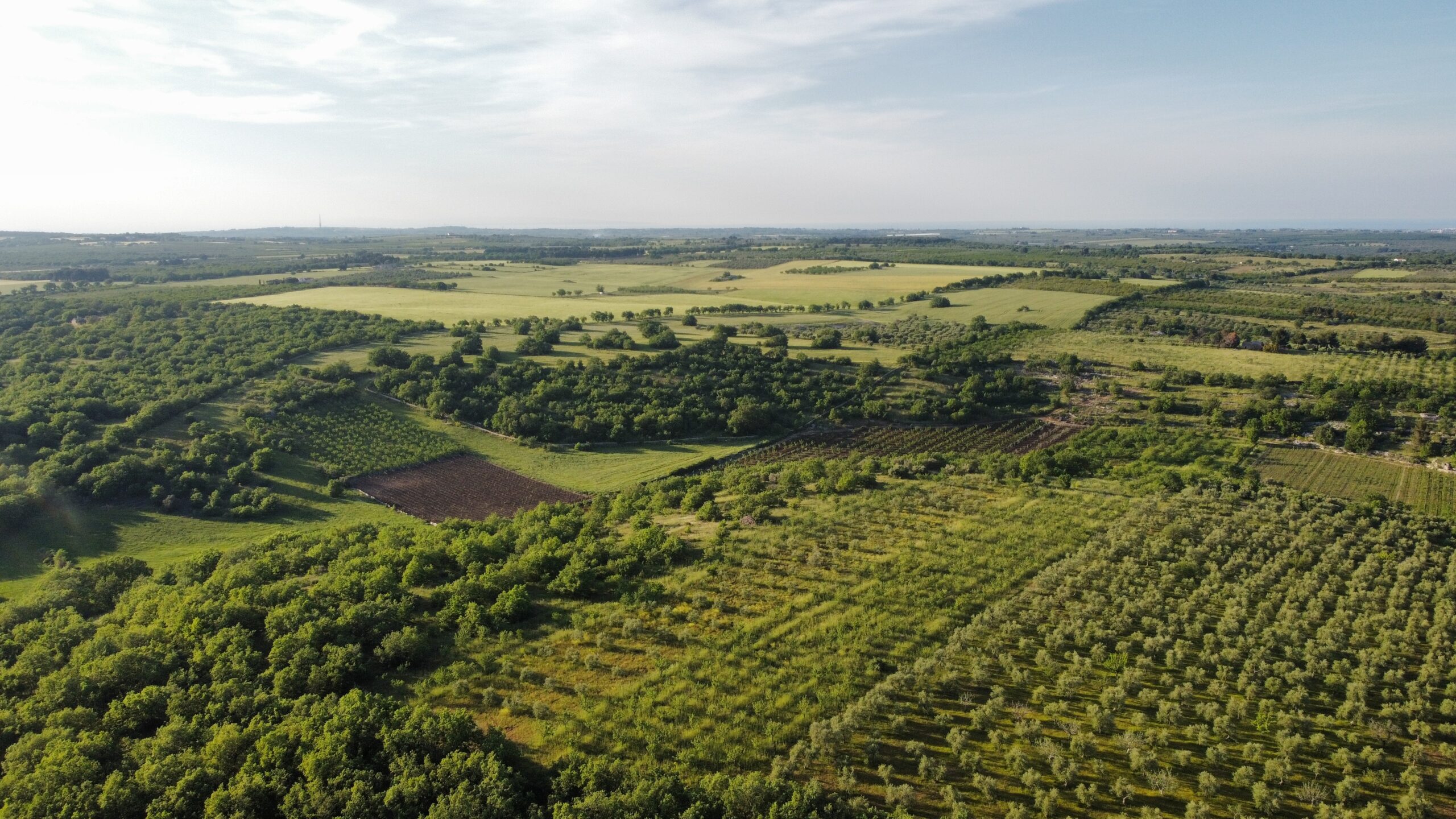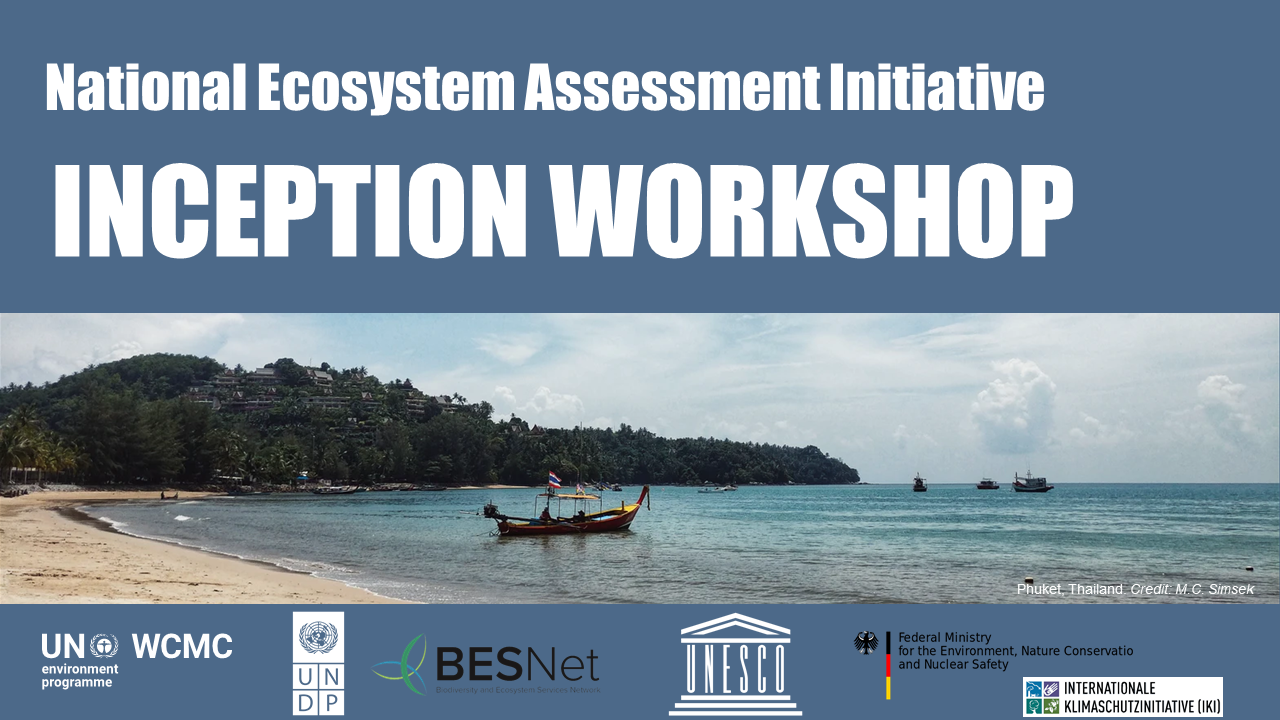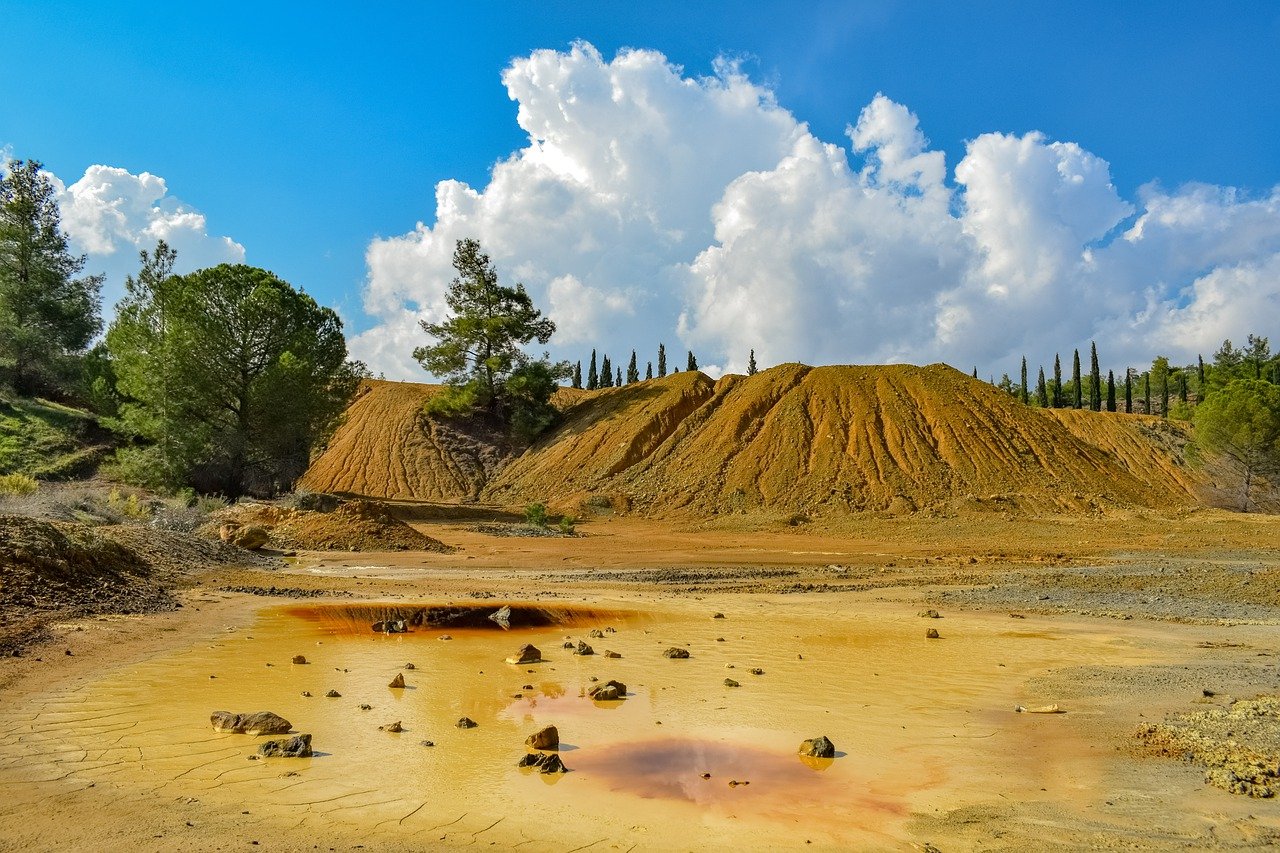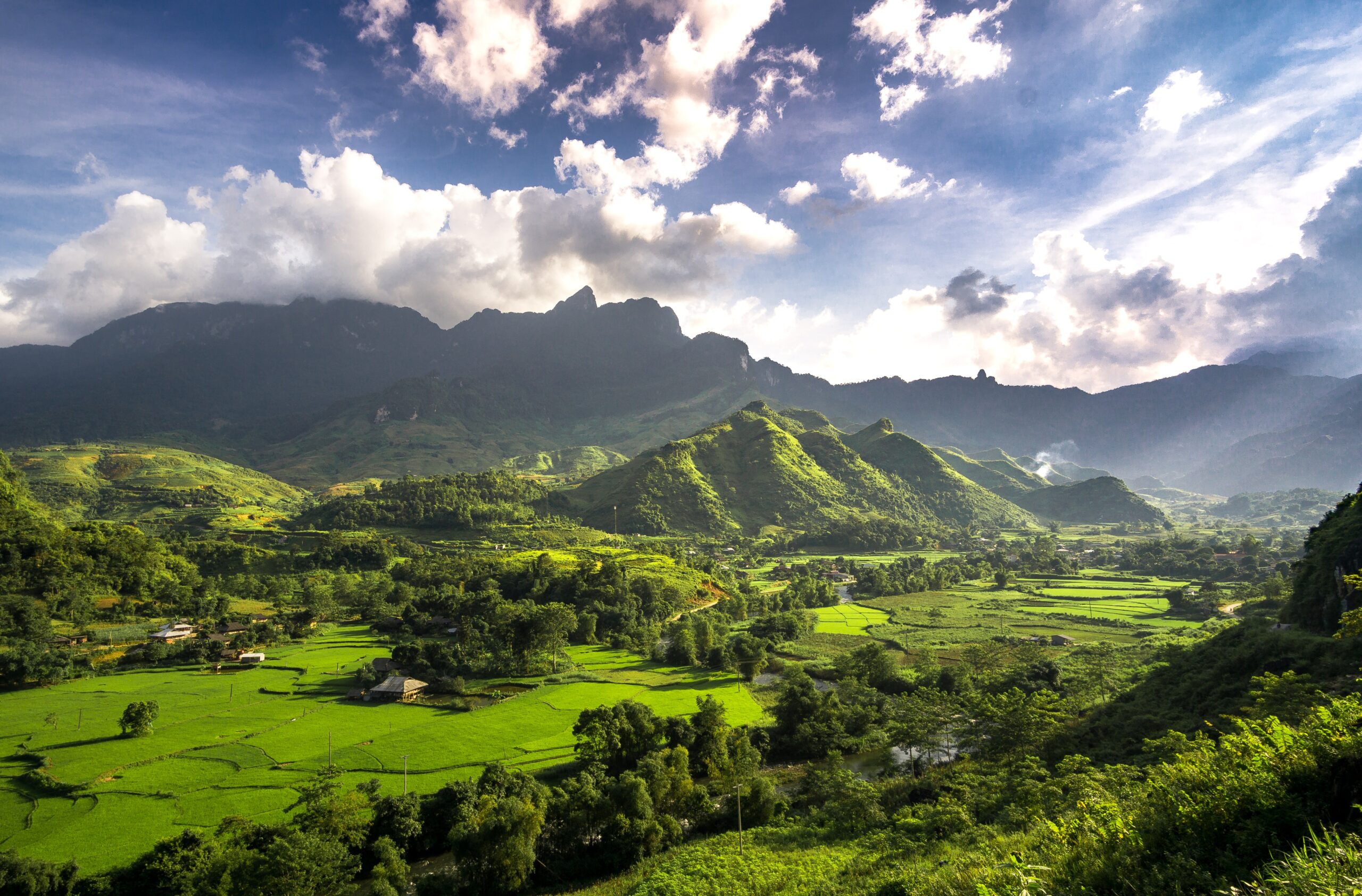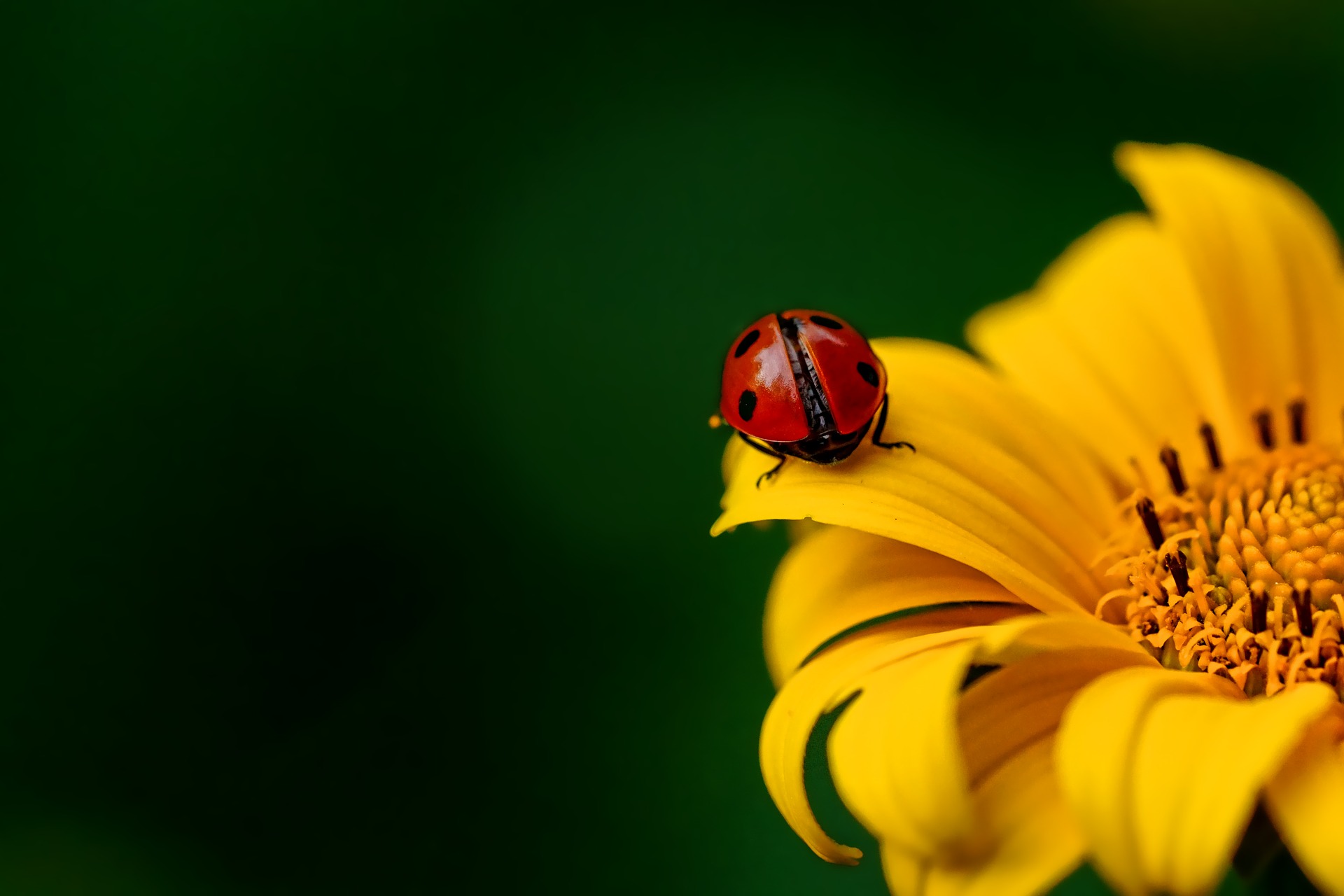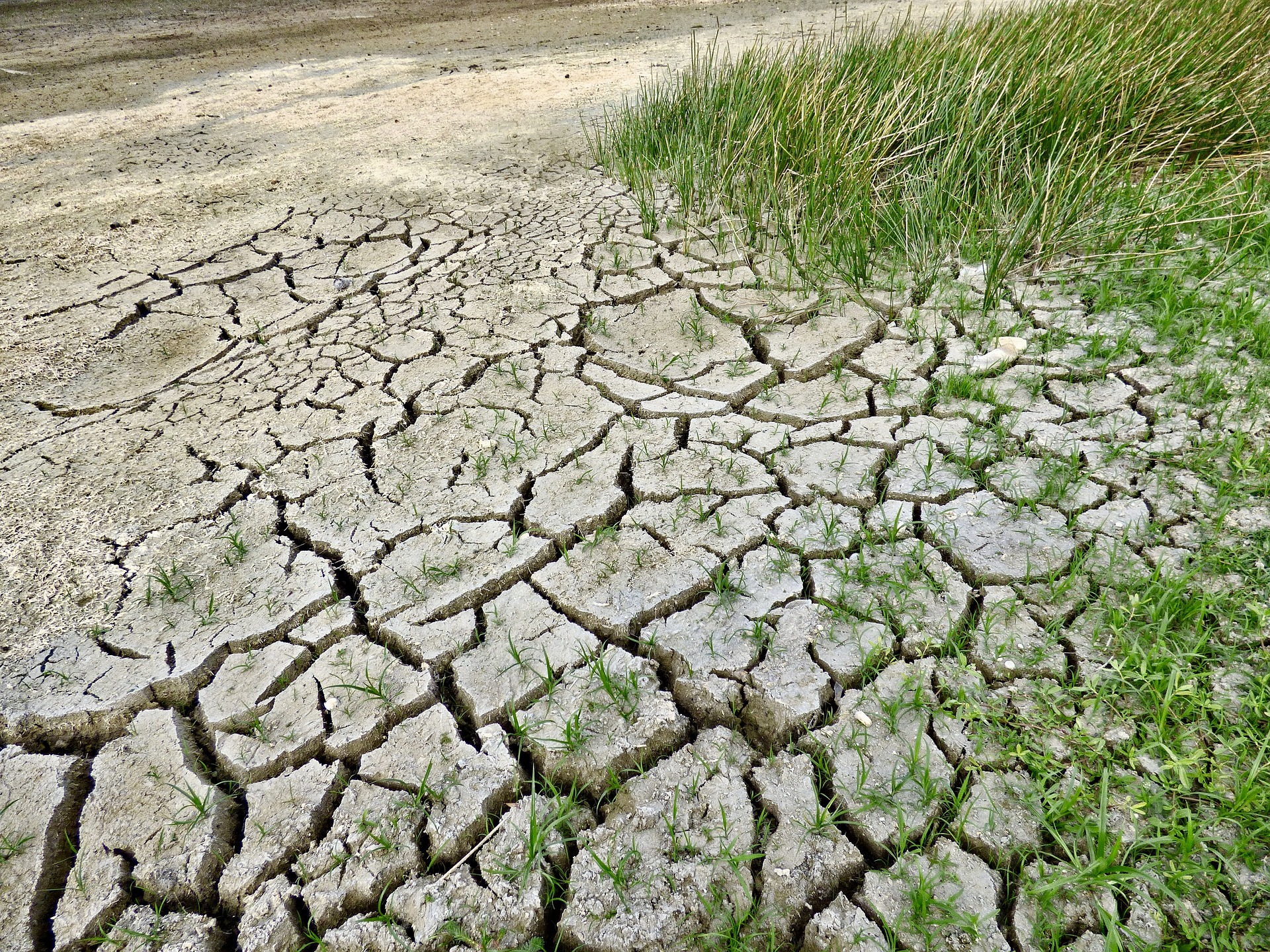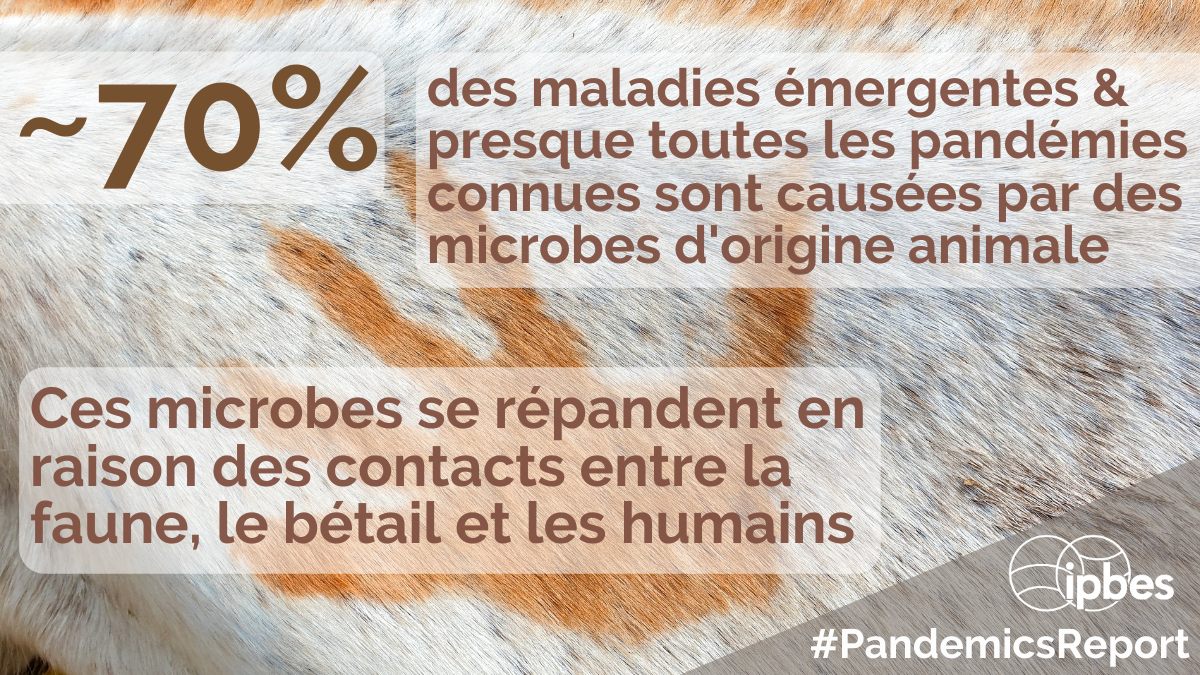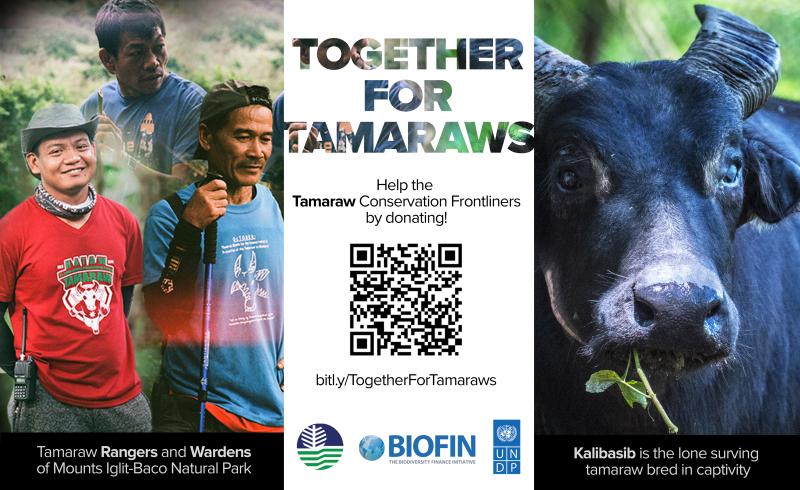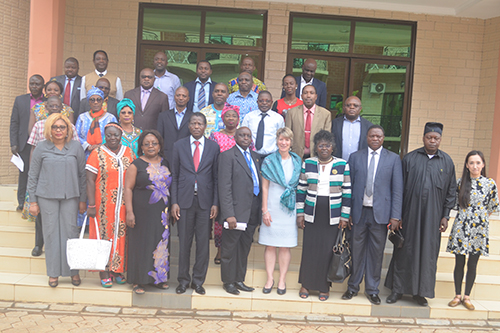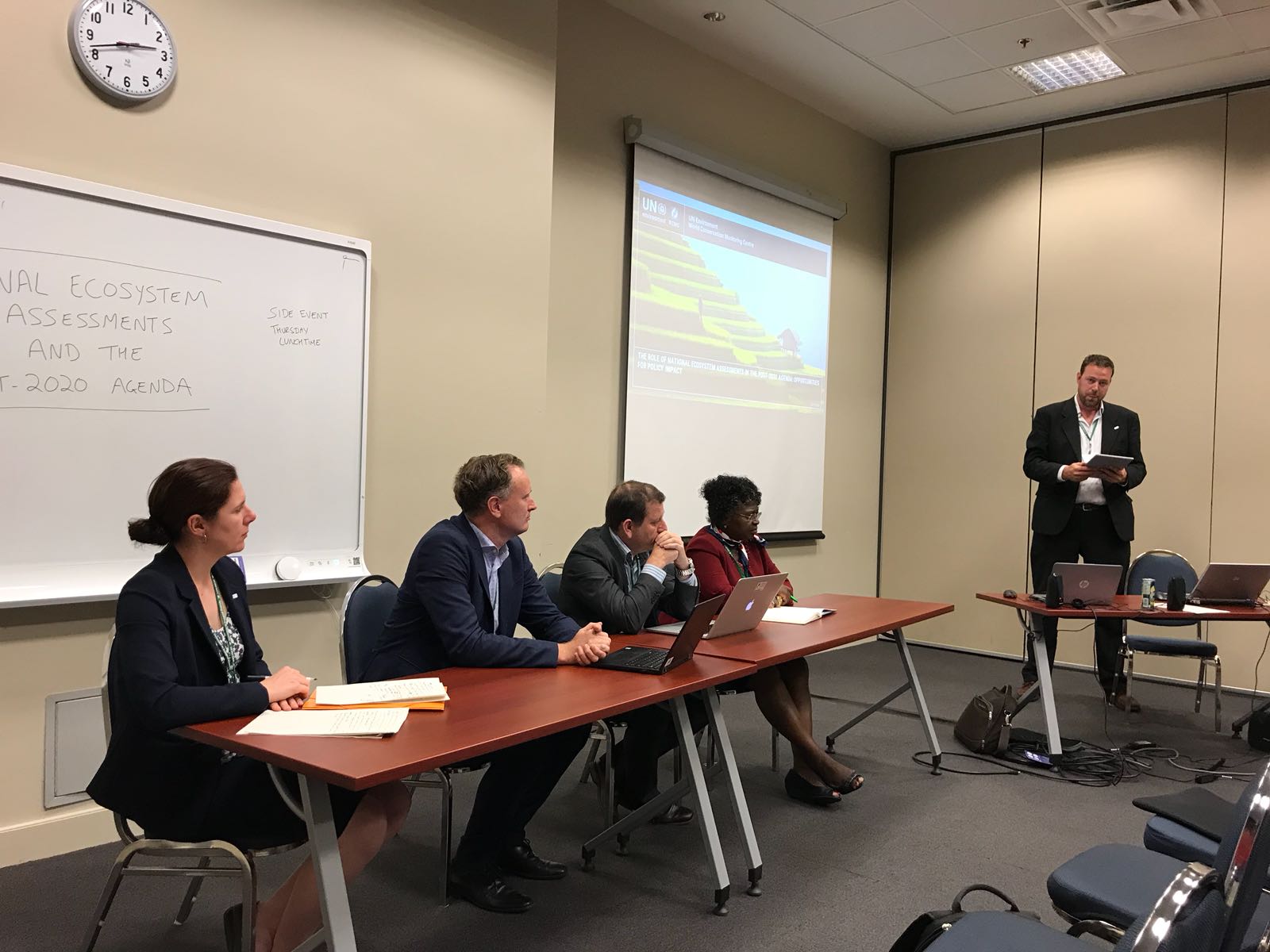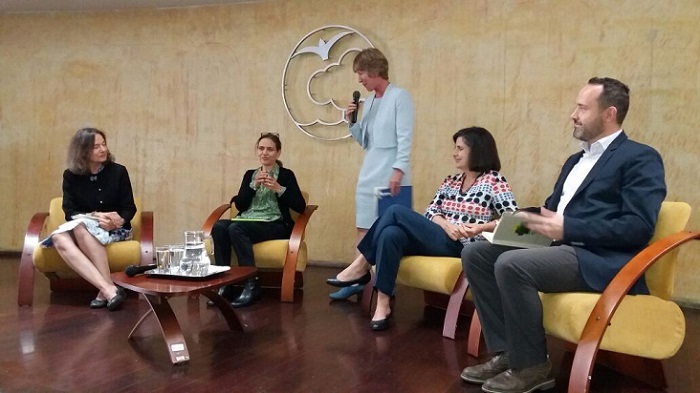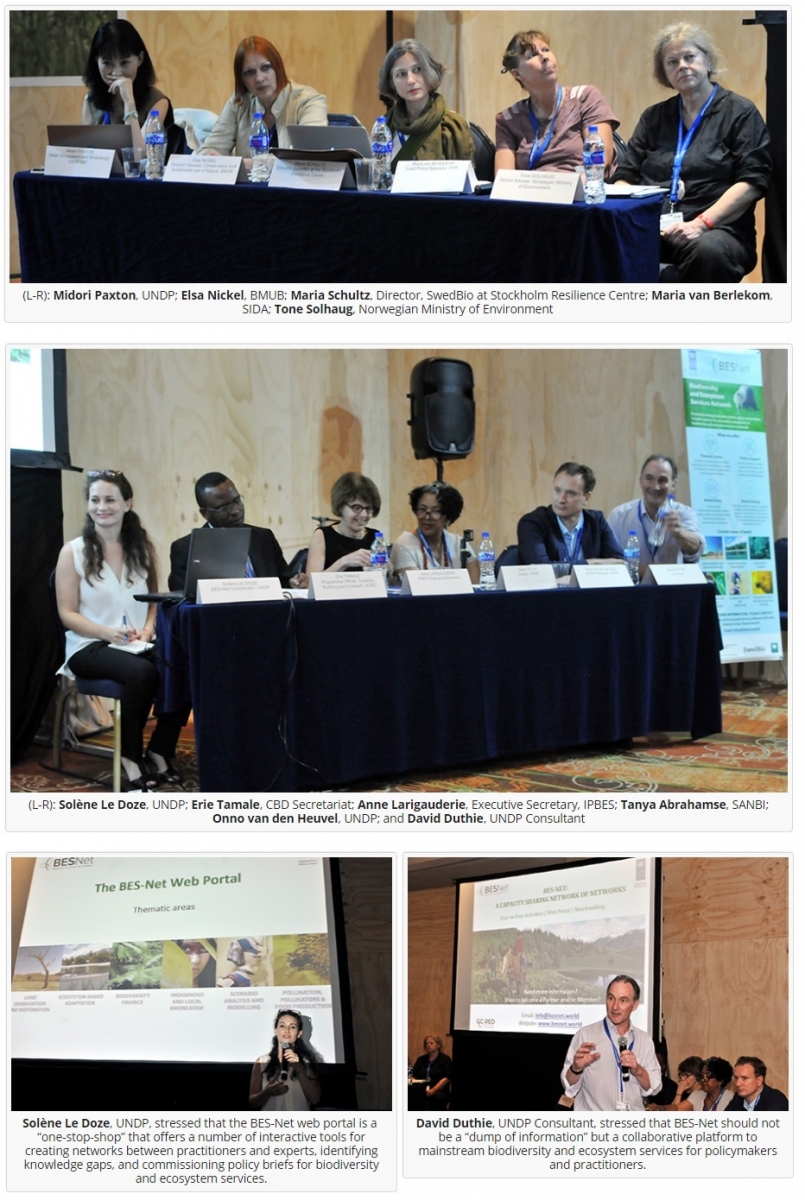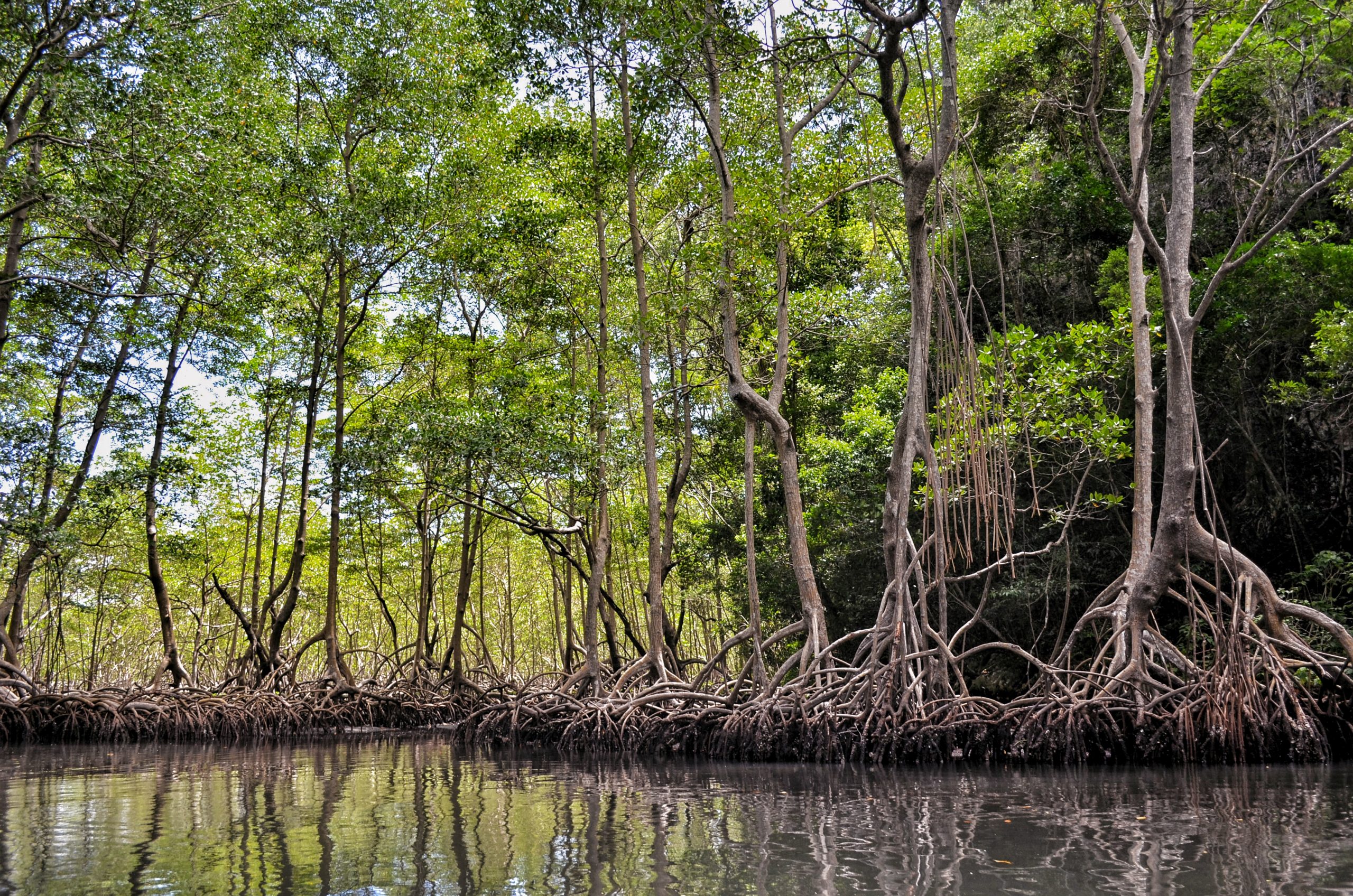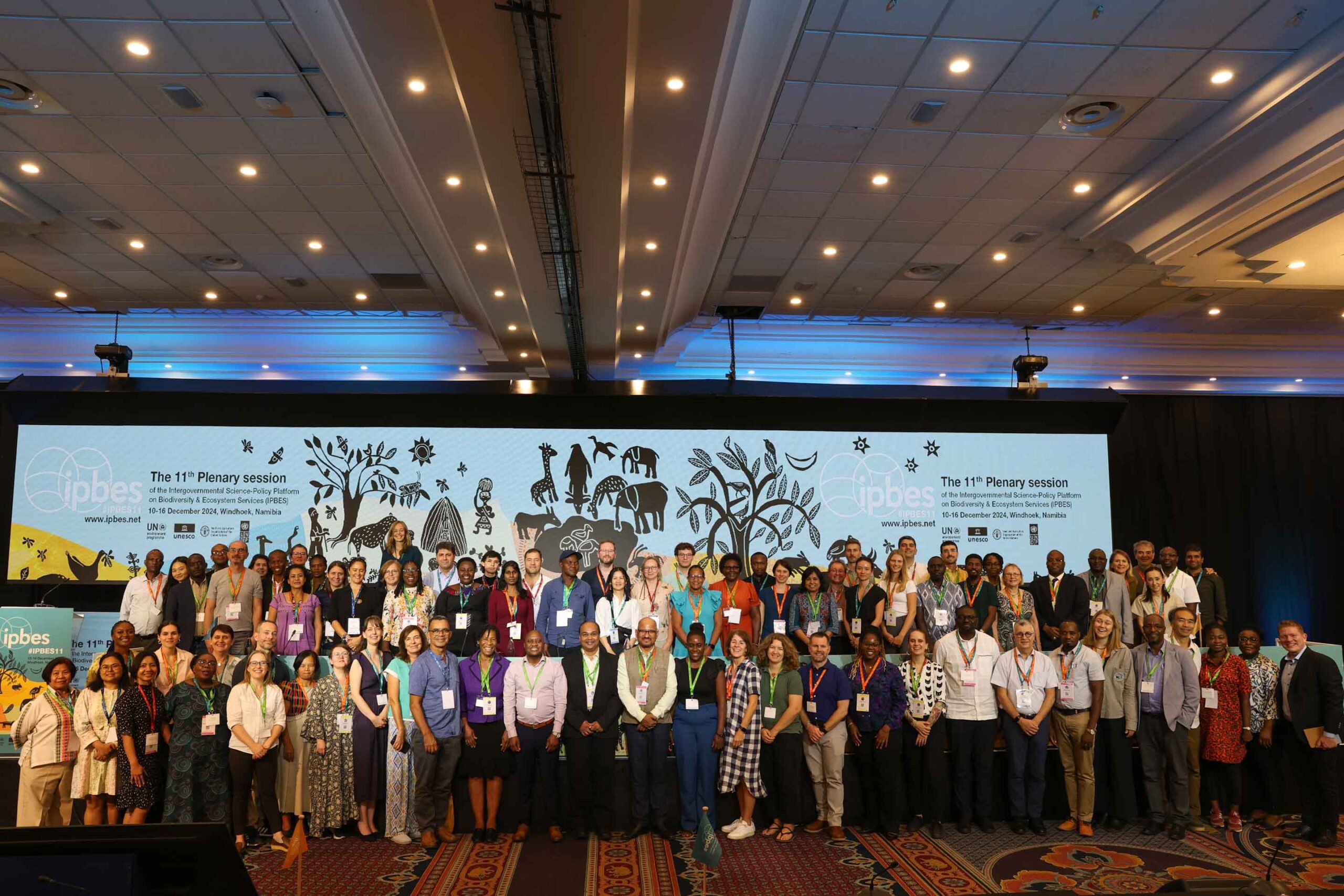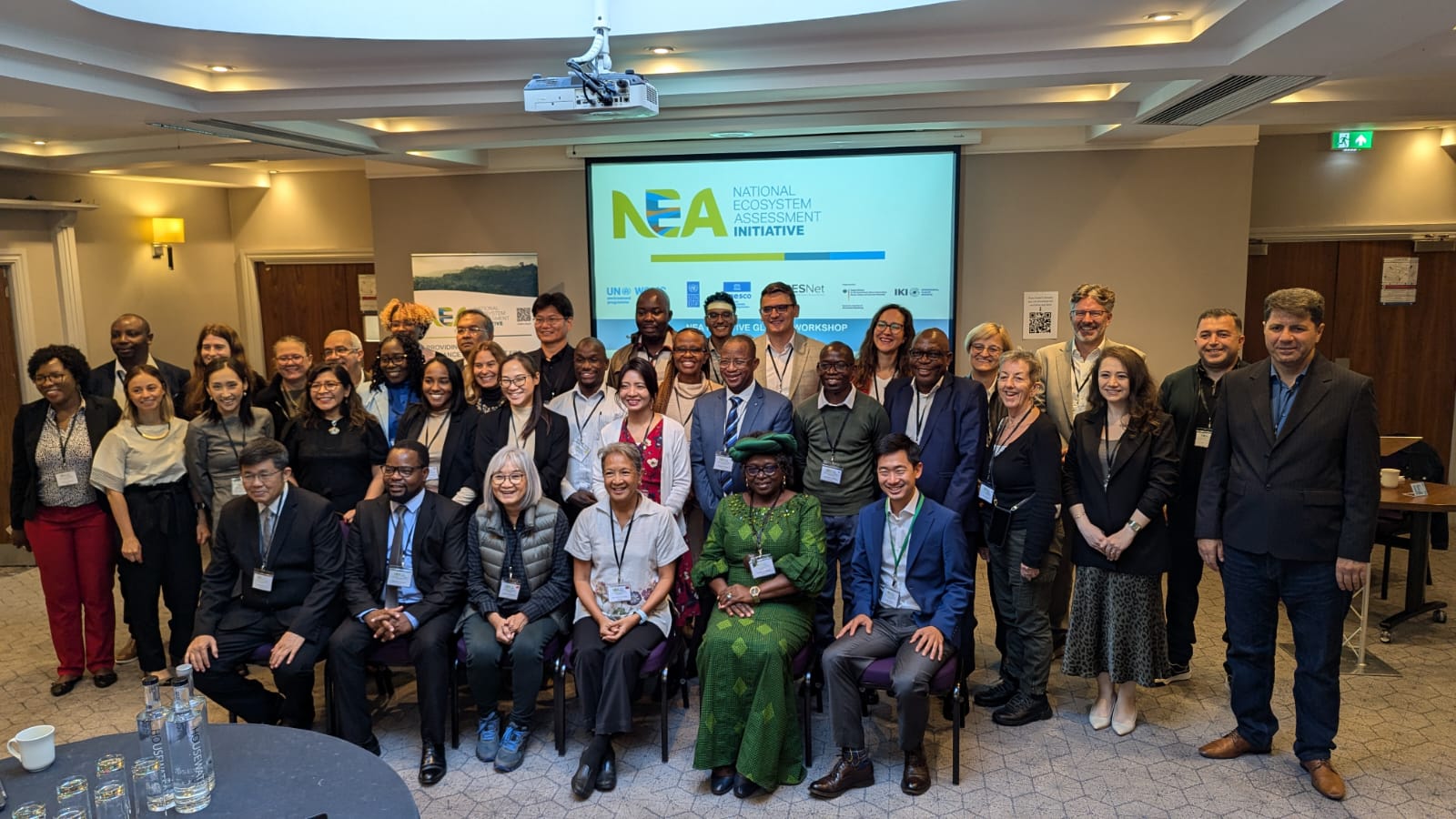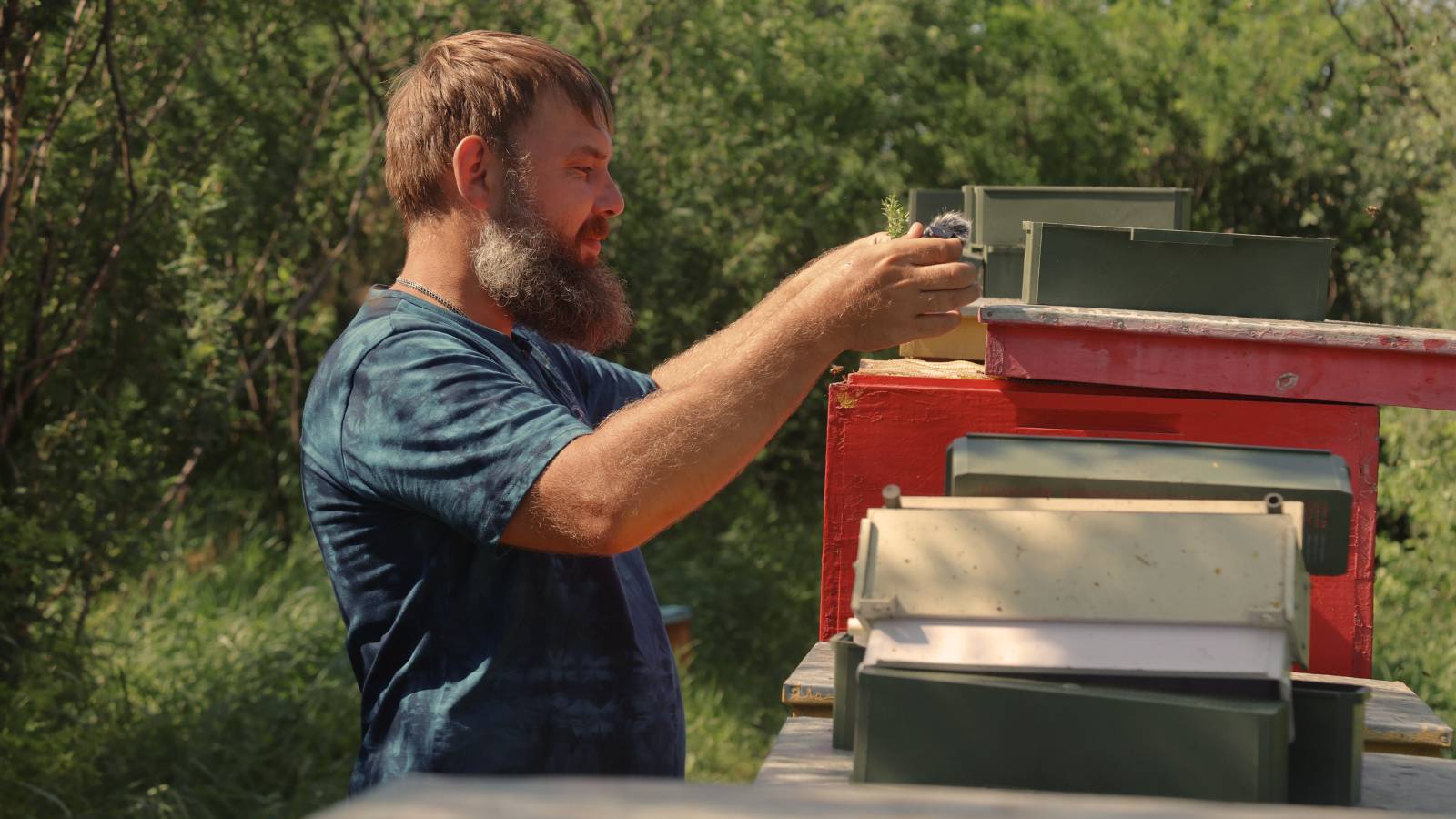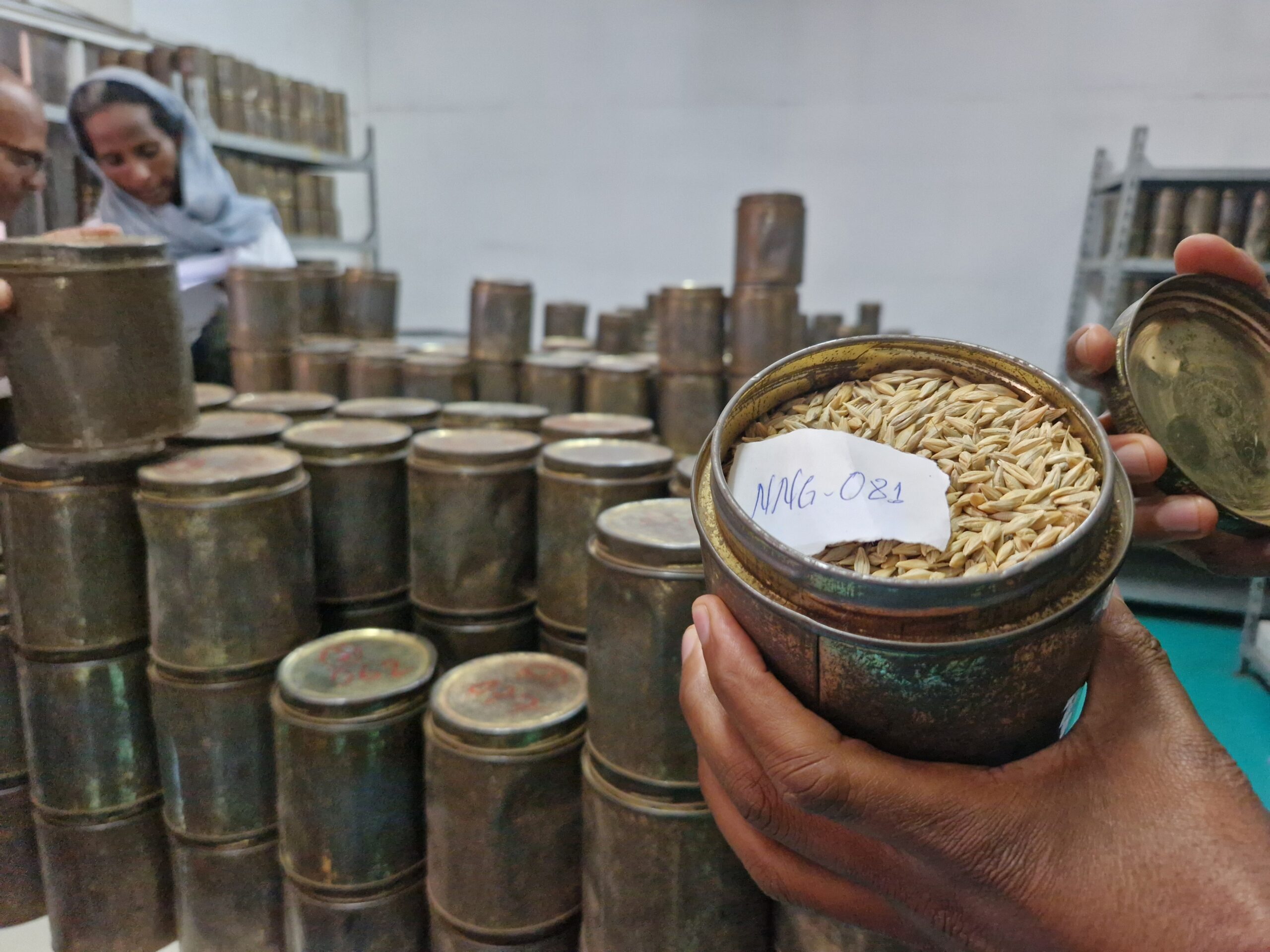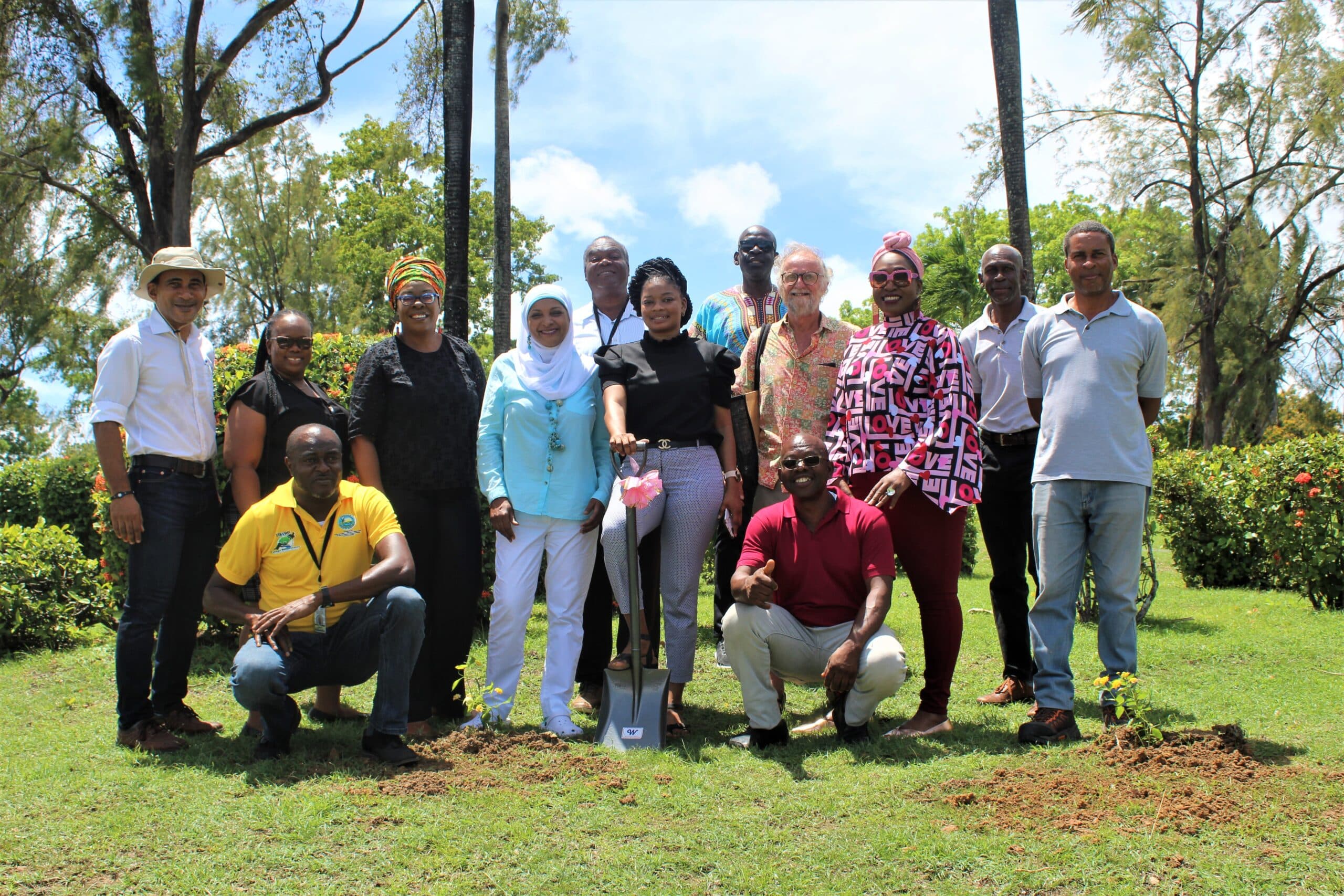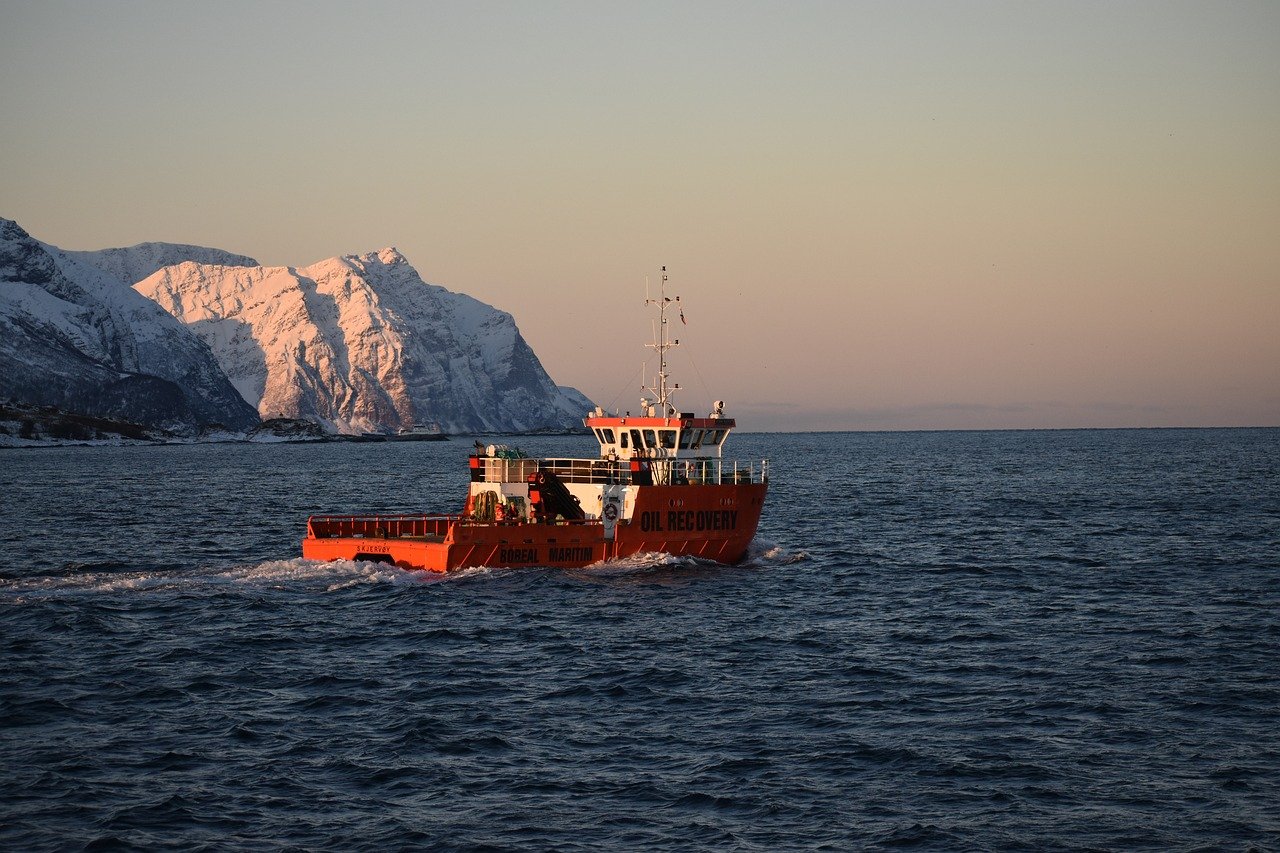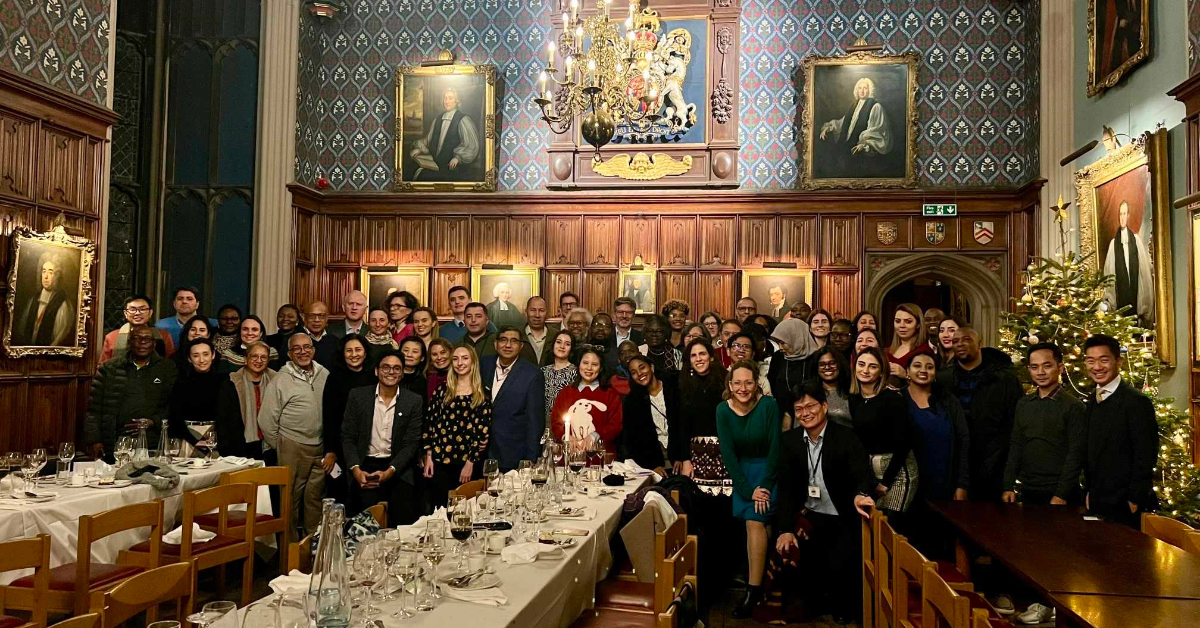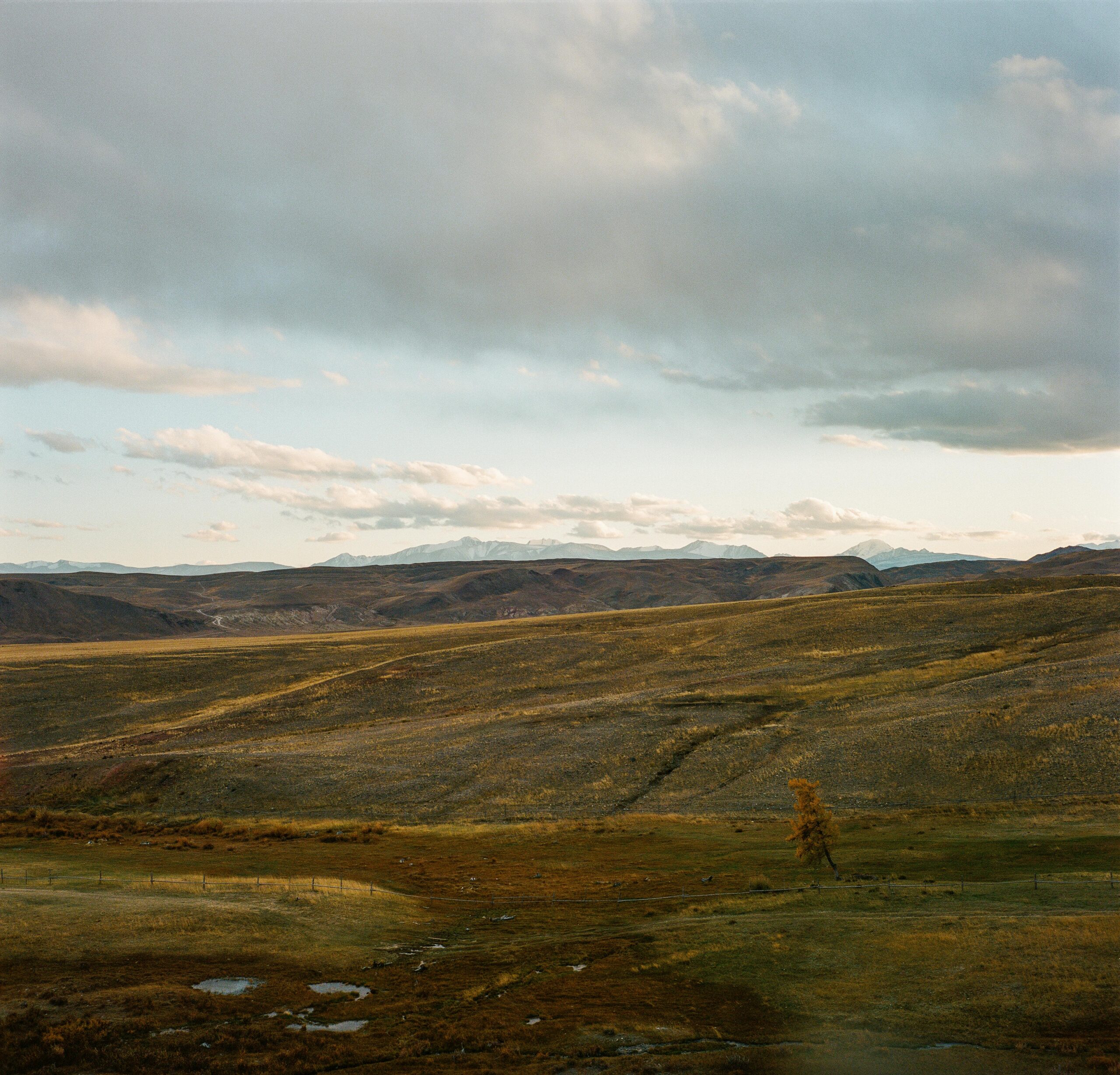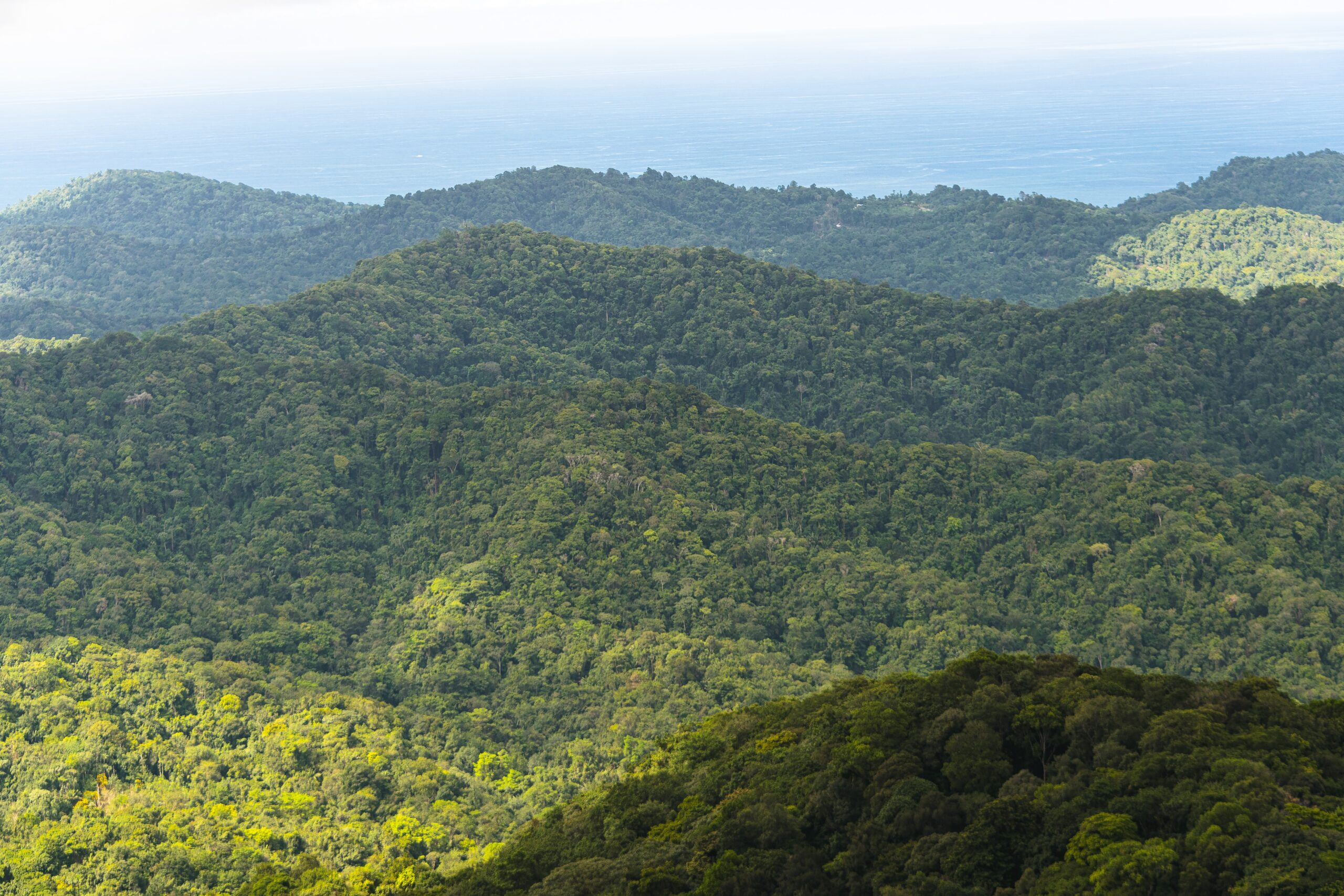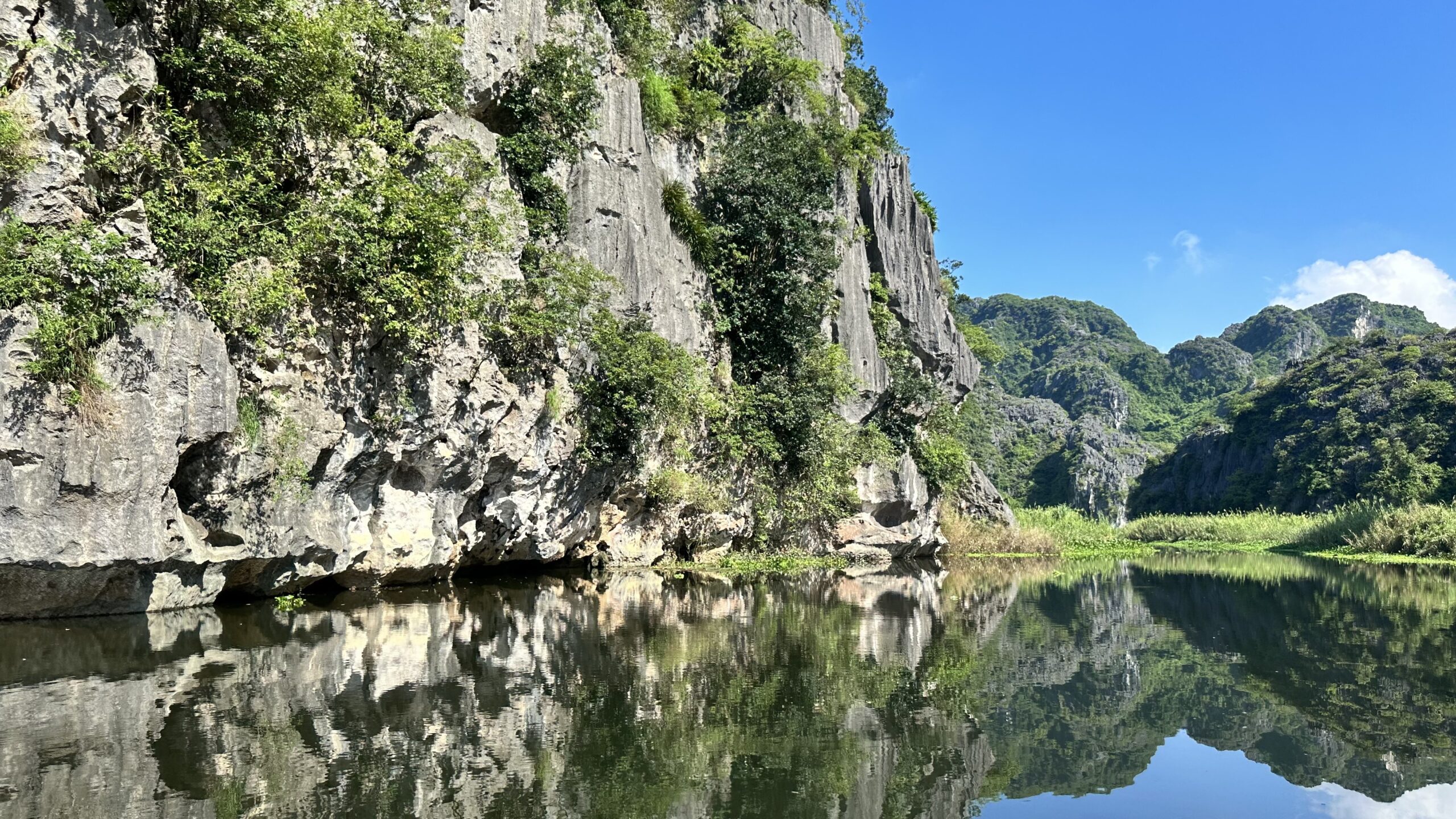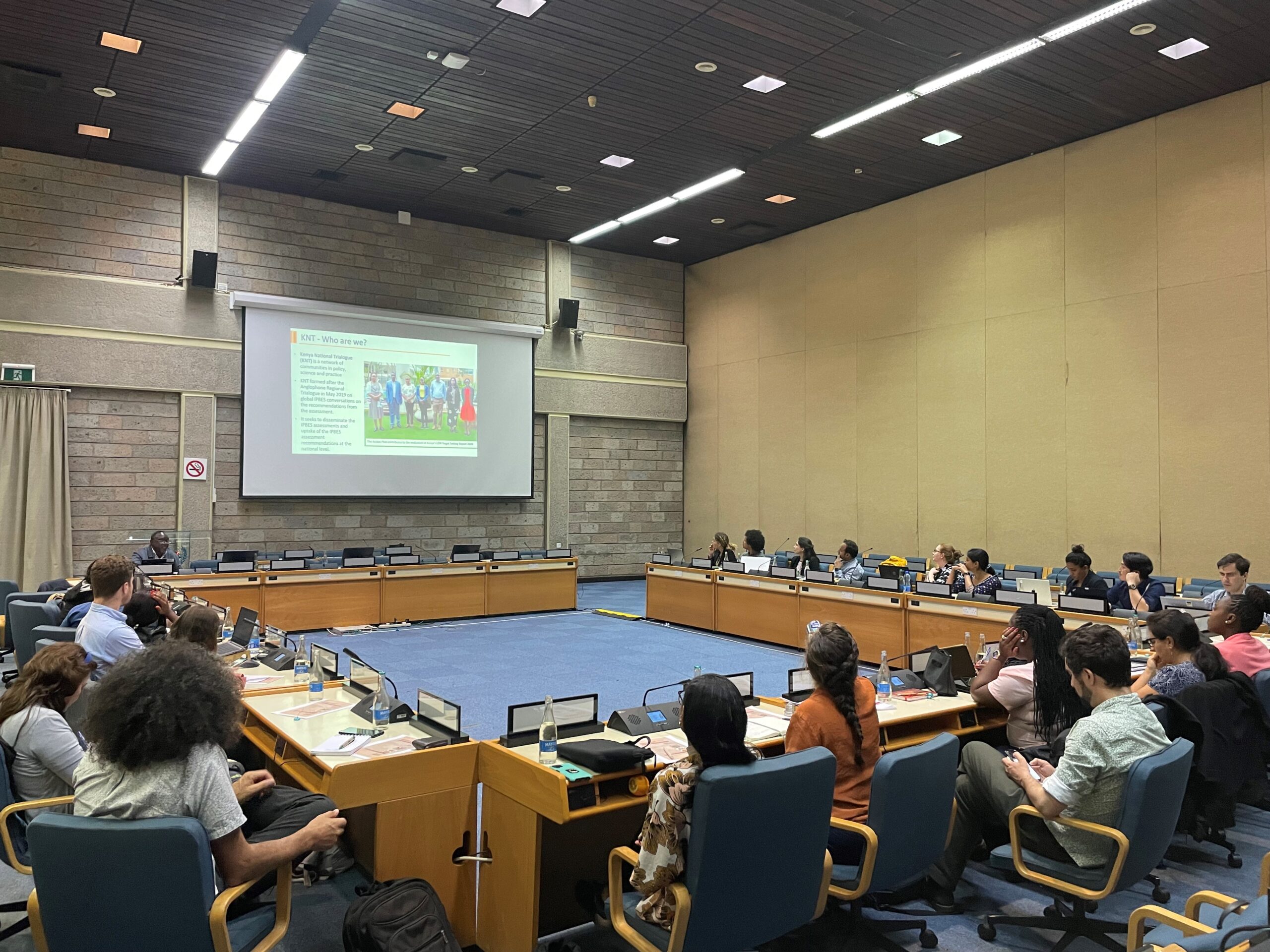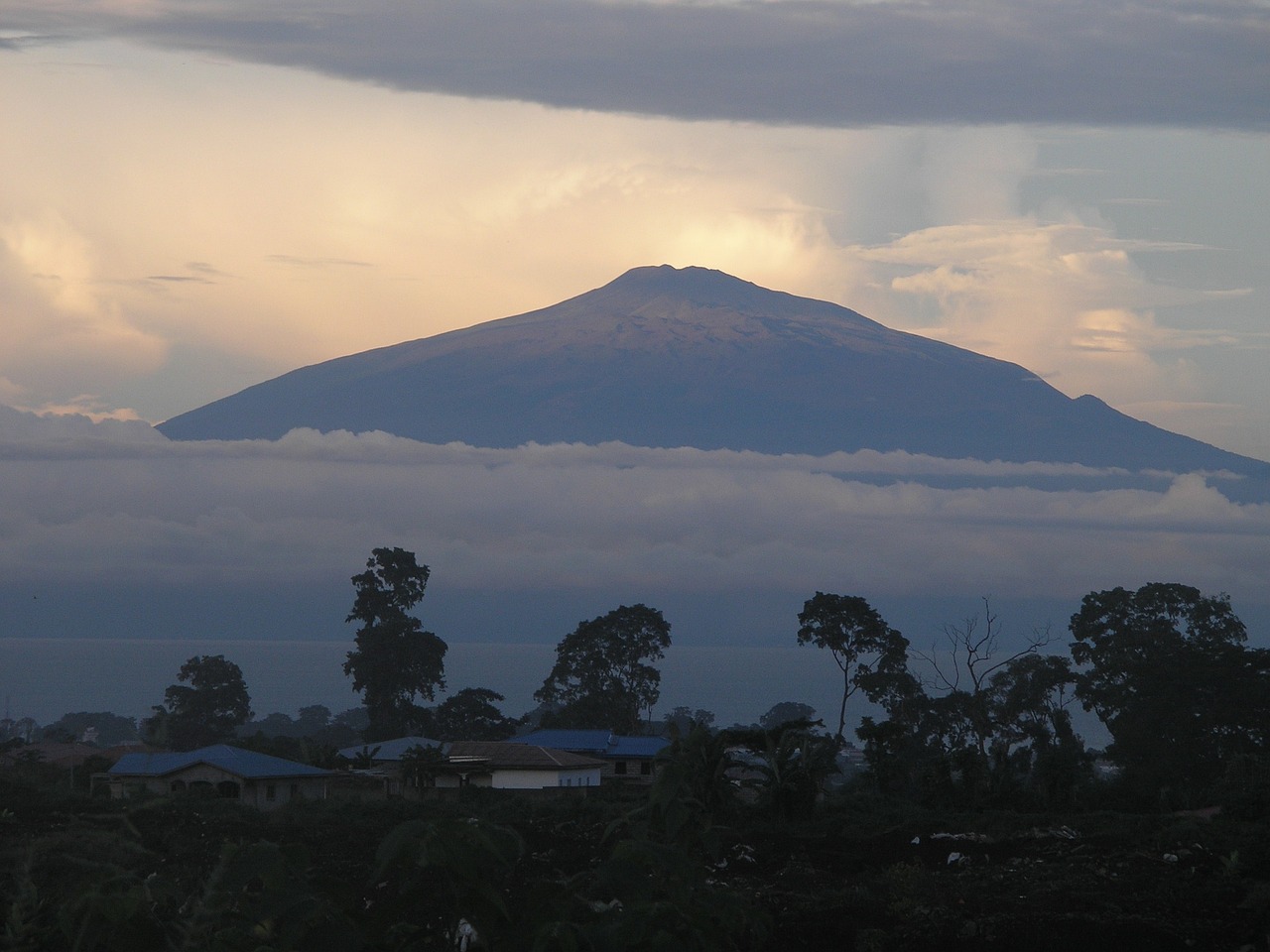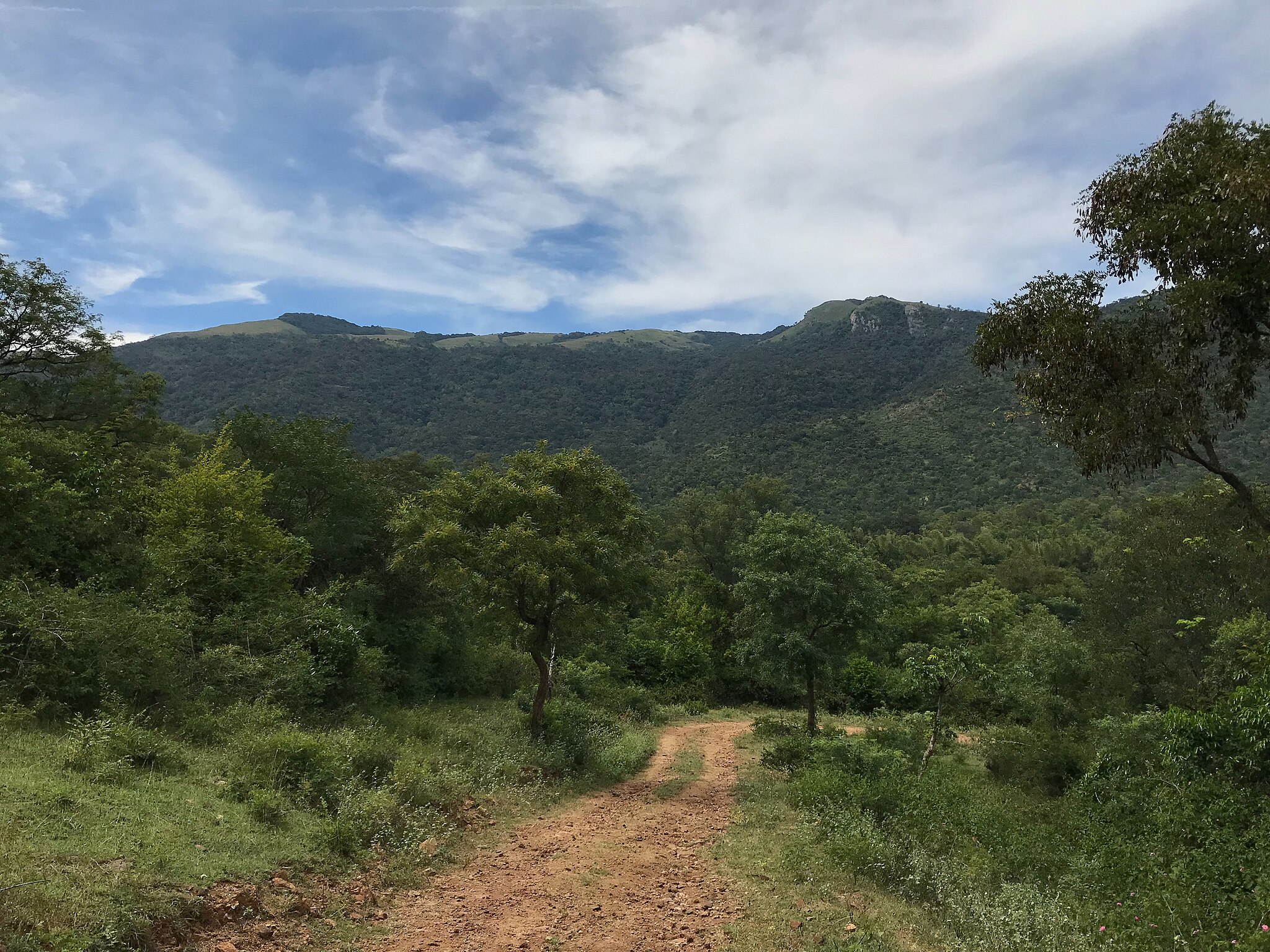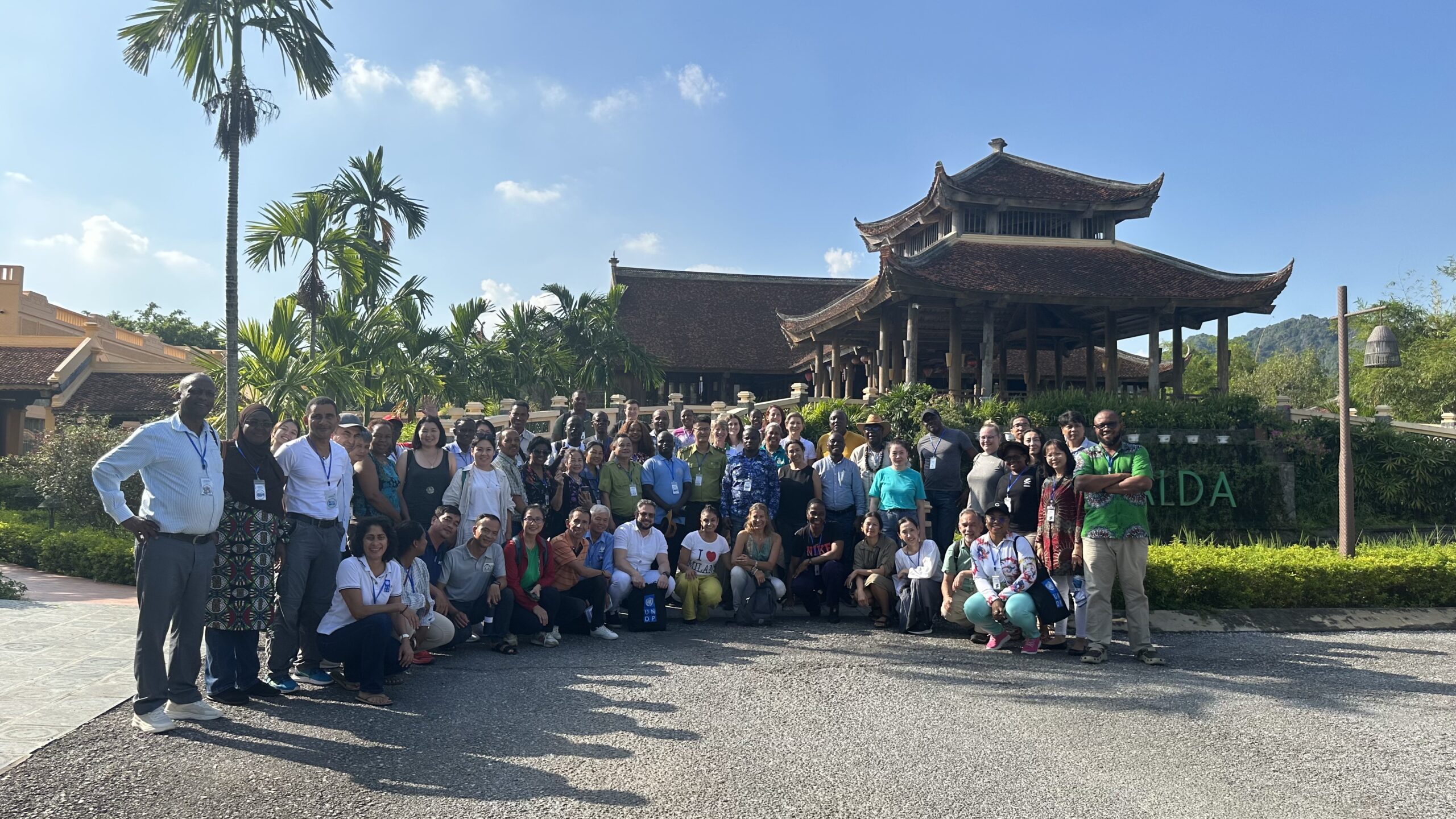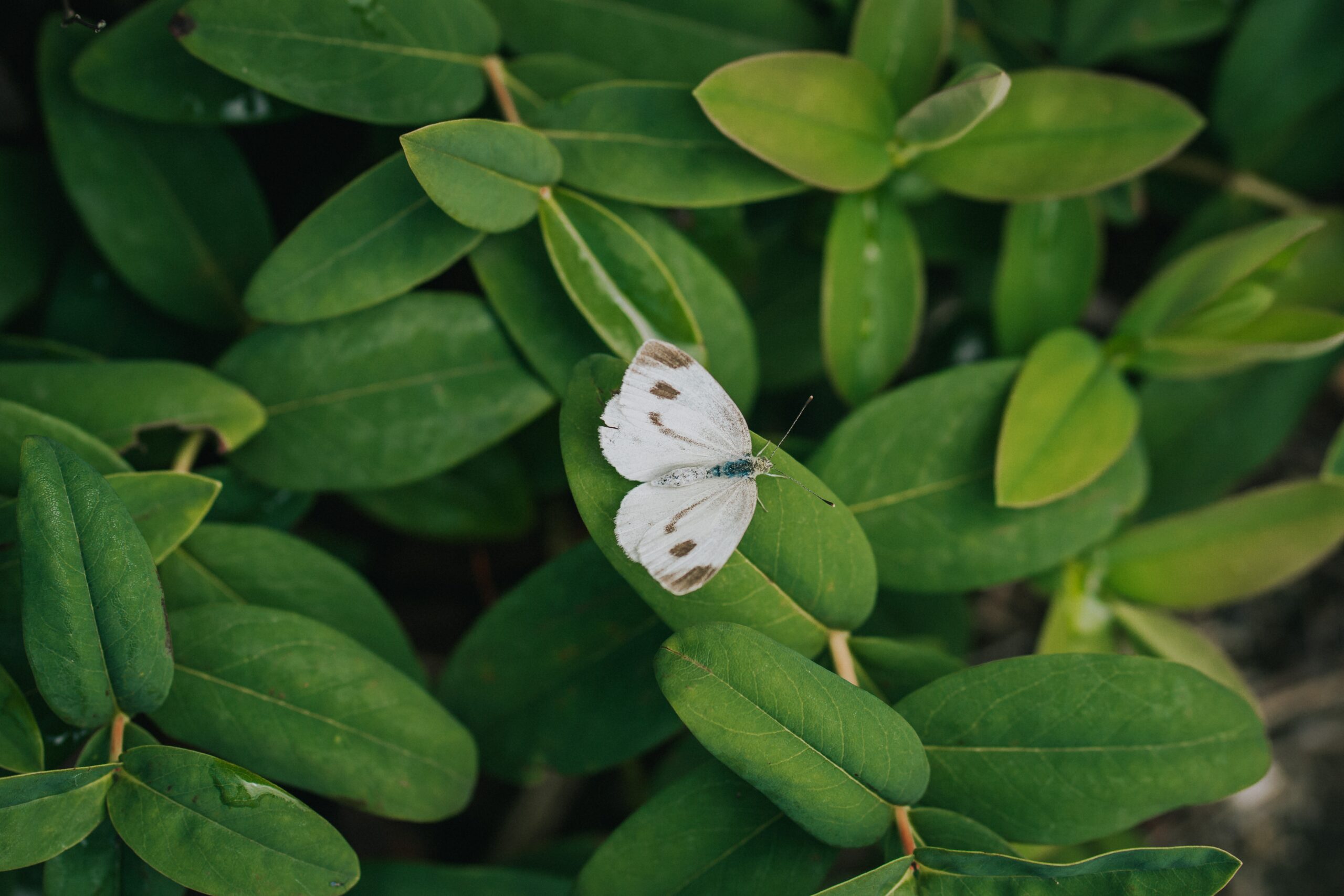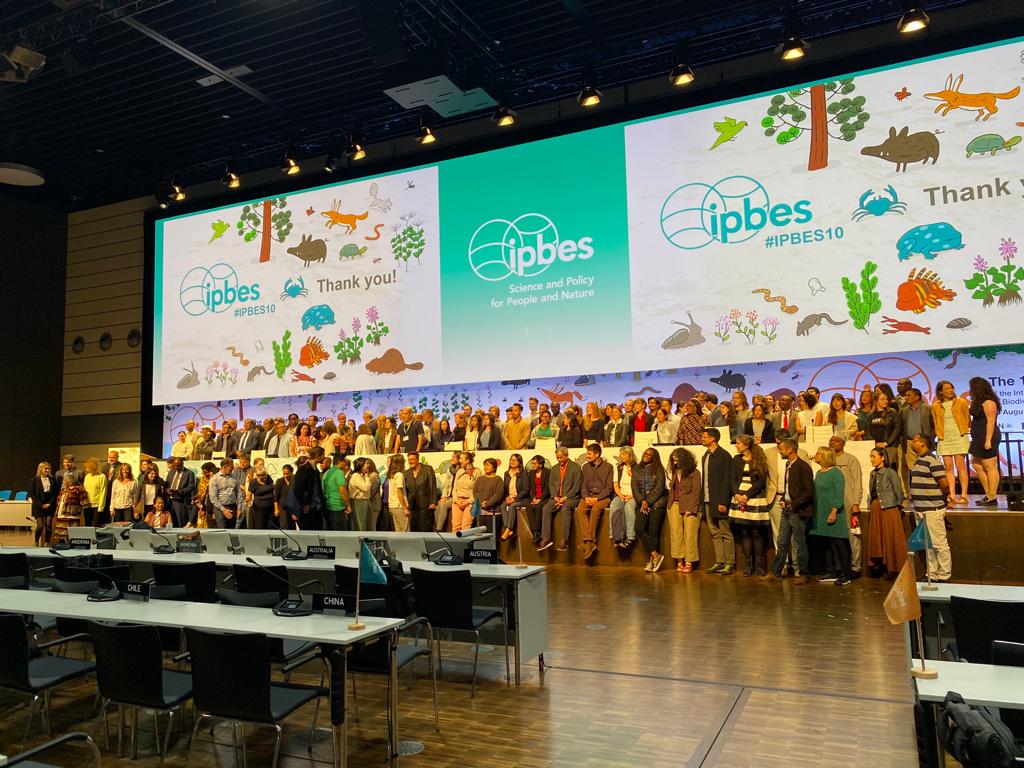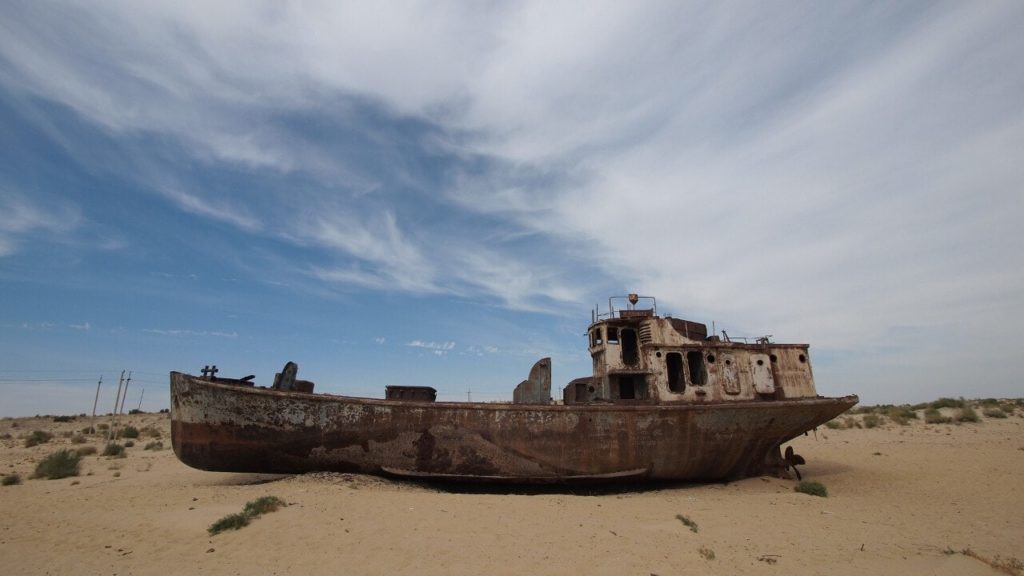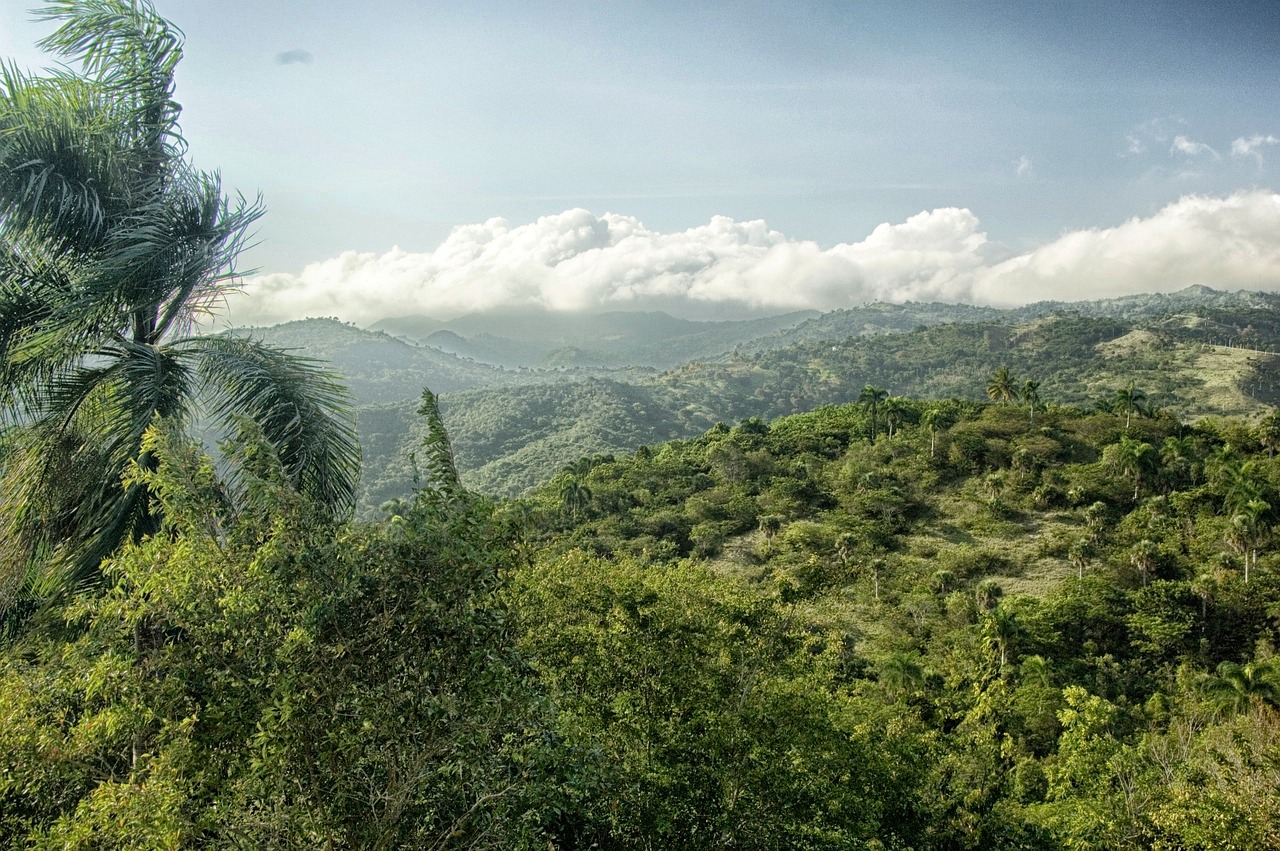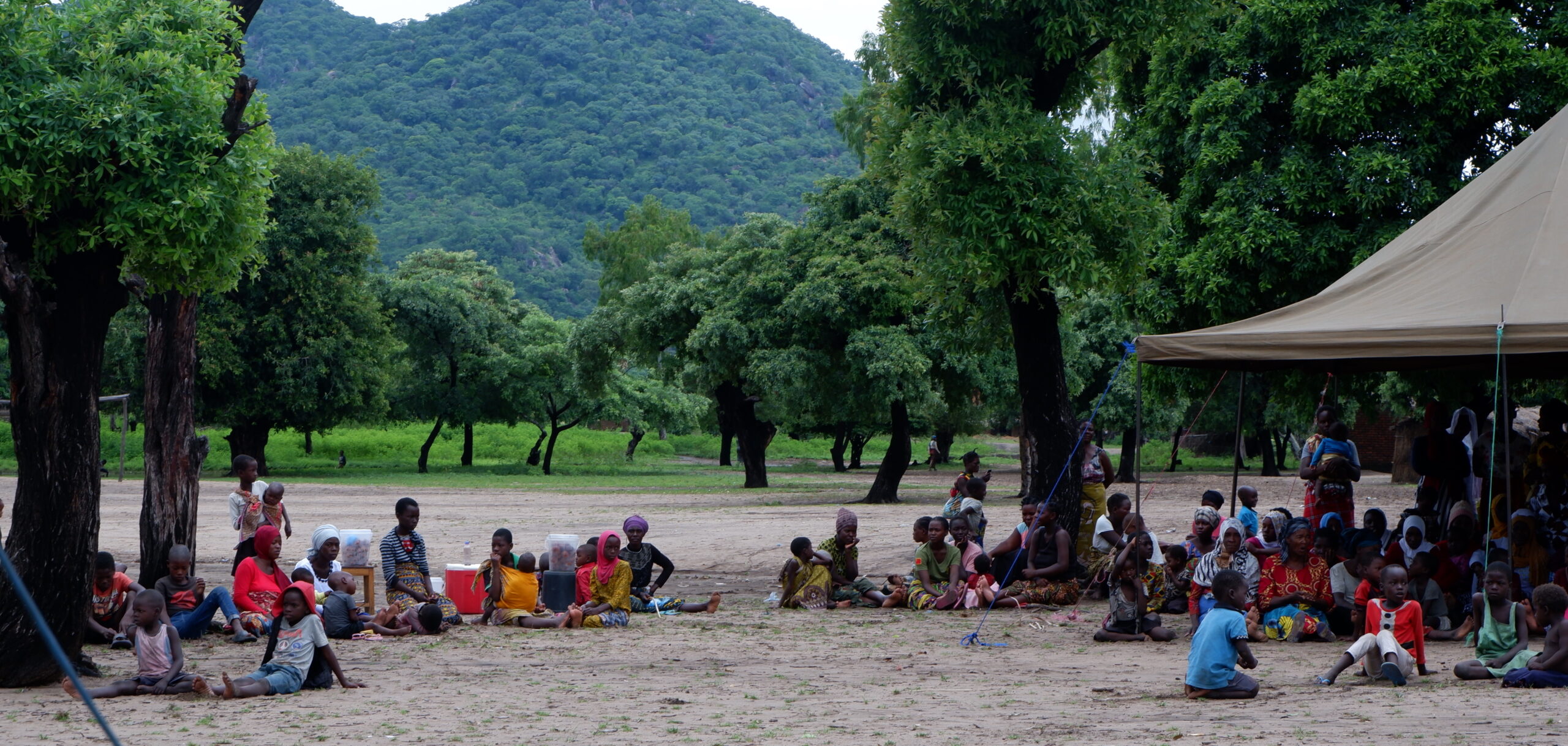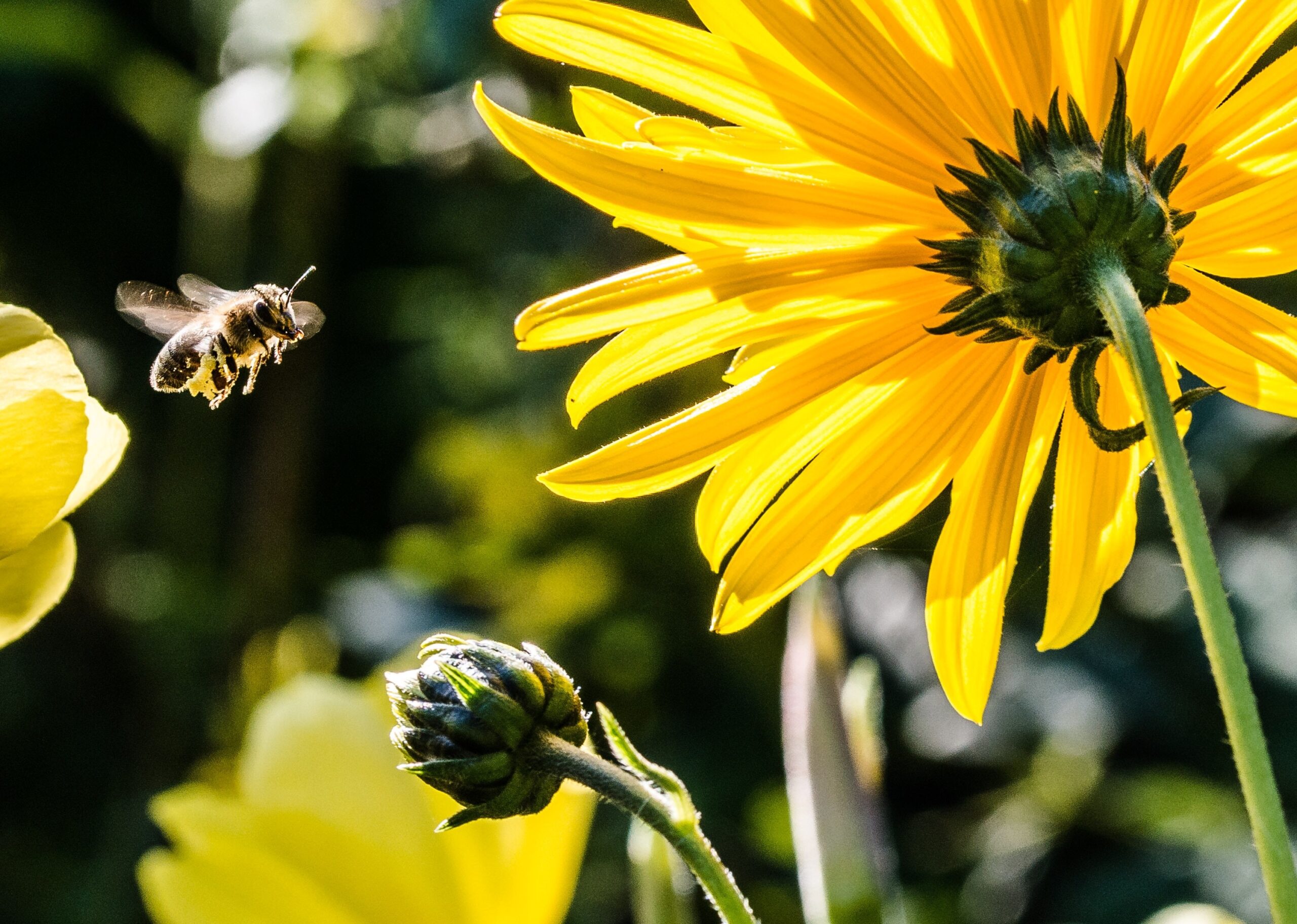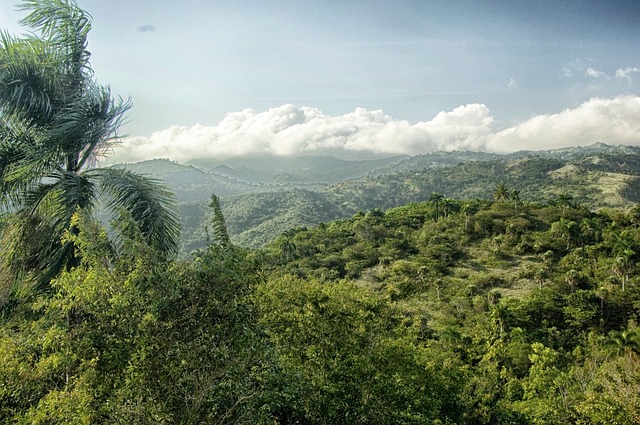Expert Corner: Naziya Mauyenova on Her Key Takeaways from Kazakhstan's Initiatives under the BES Solution Fund
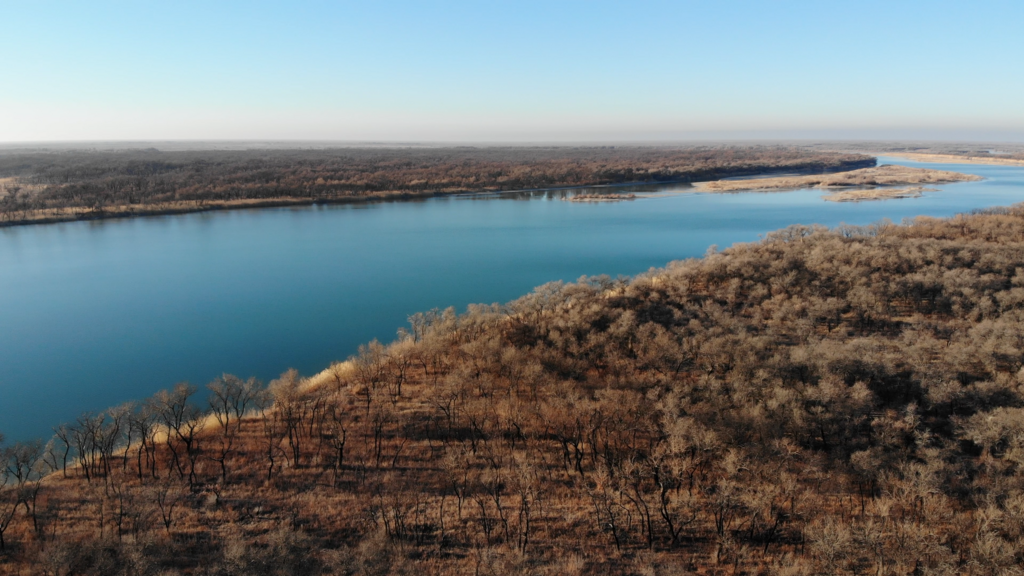
Photo by Gulpax from Wikimedia Commons
Photo by Gulpax from Wikimedia Commons

Naziya Mauyenova, Civil Servant and Senior Expert of the Livestock Department of the Ministry of Agriculture in Kazakhstan
Naziya Mauyenova, Civil Servant and Senior Expert of the Livestock Department of the Ministry of Agriculture in Kazakhstan

Naziya Mauyenova, Civil Servant and Senior Expert of the Livestock Department of the Ministry of Agriculture in Kazakhstan
Naziya Mauyenova, Civil Servant and Senior Expert of the Livestock Department of the Ministry of Agriculture in Kazakhstan
In this Expert Corner interview, we sit down with Naziya Mauyenova, Civil Servant and Senior Expert of the Livestock Department of the Ministry of Agriculture in Kazakhstan. This interview is part of our special coverage of the BES Solution Fund Trialogue, held in Hanoi from 4 to 6 October 2023.
When you think of biodiversity and how everybody can help it thrive, what is one little thing that everybody can do in their life to help with this mission?
People should stay open-minded and try to learn about nature. Educate themselves. When there is knowledge, when you know other parts of nature, it will change our attitude towards nature and animals.
What do you think of the BES Solution Fund as an initiative?
BES-Net is an amazing platform because it brings people from different countries together. People can share their experiences in conserving nature and biodiversity. Its role is significant.
Can you tell us about the projects in your country?
Under the BES-Net fund, Kazakhstan received funding for the protection of pollinators and land restoration. Agriculture is one of the main sectors of economy in Kazakhstan. Luckily, we have about 180 million hectares of pastures, but the quality of the land is degrading. Under this project, I've learned a lot how pollinators can work in symbiosis, honeybees for instance. By giving them food, planting more crops, we can also increase the productivity of those crops. Now that I have insights, when I'm back in my country, we could bring people from food production and pollinators together to improve land quality and protect pollinators.
Image captions
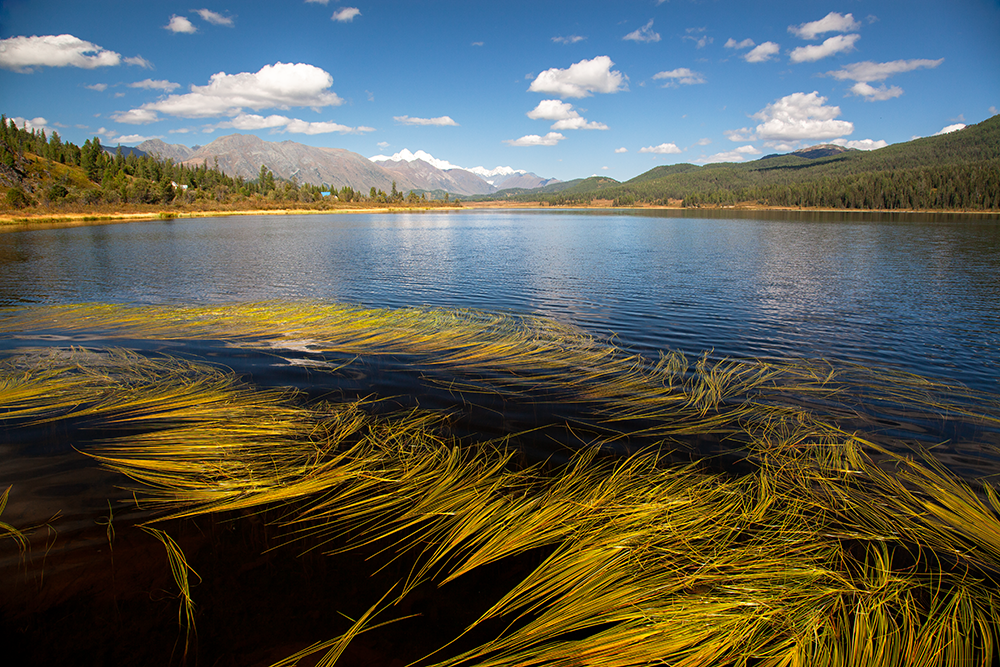 Image 1
Image 1Photo by Andrey Shishkalov from Wikimedia Commons
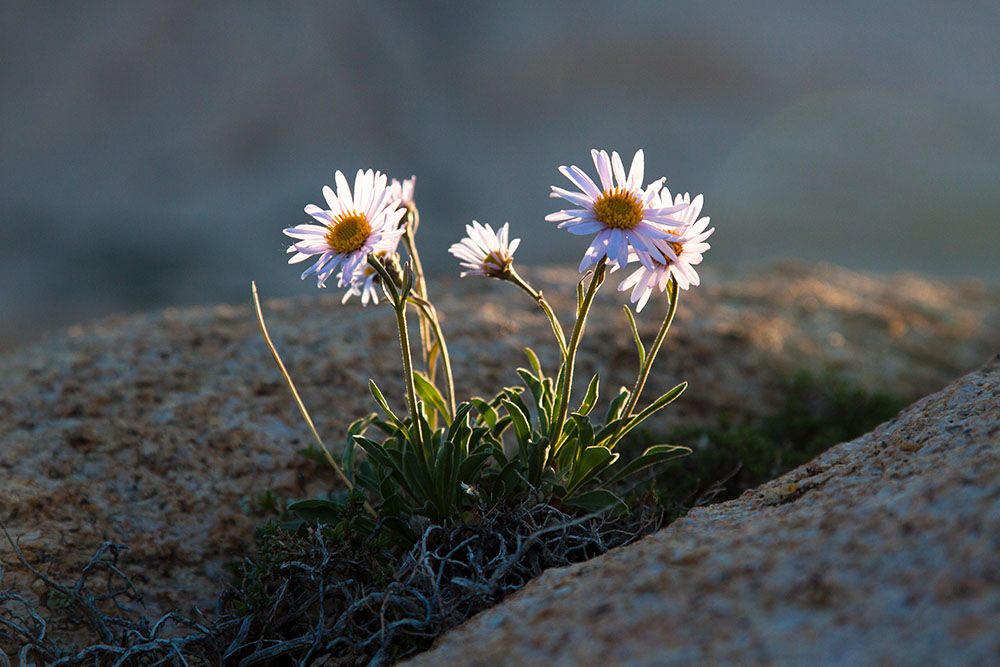 Image 2
Image 2Photo by Andrey Shishkalov from Wikimedia Commons

Photo by Andrey Shishkalov from Wikimedia Commons
Photo by Andrey Shishkalov from Wikimedia Commons

Photo by Andrey Shishkalov from Wikimedia Commons
Photo by Andrey Shishkalov from Wikimedia Commons

Photo by Andrey Shishkalov from Wikimedia Commons
Photo by Andrey Shishkalov from Wikimedia Commons

Photo by Andrey Shishkalov from Wikimedia Commons
Photo by Andrey Shishkalov from Wikimedia Commons
When you think of biodiversity and how everybody can help it thrive, what is one little thing that everybody can do in their life to help with this mission?
People should stay open-minded and try to learn about nature. Educate themselves. When there is knowledge, when you know other parts of nature, it will change our attitude towards nature and animals.

Photo by Andrey Shishkalov from Wikimedia Commons
What do you think of the BES Solution Fund as an initiative?
BES-Net is an amazing platform because it brings people from different countries together. People can share their experiences in conserving nature and biodiversity. Its role is significant.

Photo by Andrey Shishkalov from Wikimedia Commons
Can you tell us about the projects in your country?
Under the BES-Net fund, Kazakhstan received funding for the protection of pollinators and land restoration. Agriculture is one of the main sectors of the economy in Kazakhstan. Luckily, we have about 180 million hectares of pastures, but the quality of the land is degrading. Under this project, I've learned a lot about how pollinators can work in symbiosis, honeybees for instance. By giving them food and planting more crops, we can also increase the productivity of those crops. Now that I have insights, when I'm back in my country, we could bring people from food production and pollinators together to improve land quality and protect pollinators.

